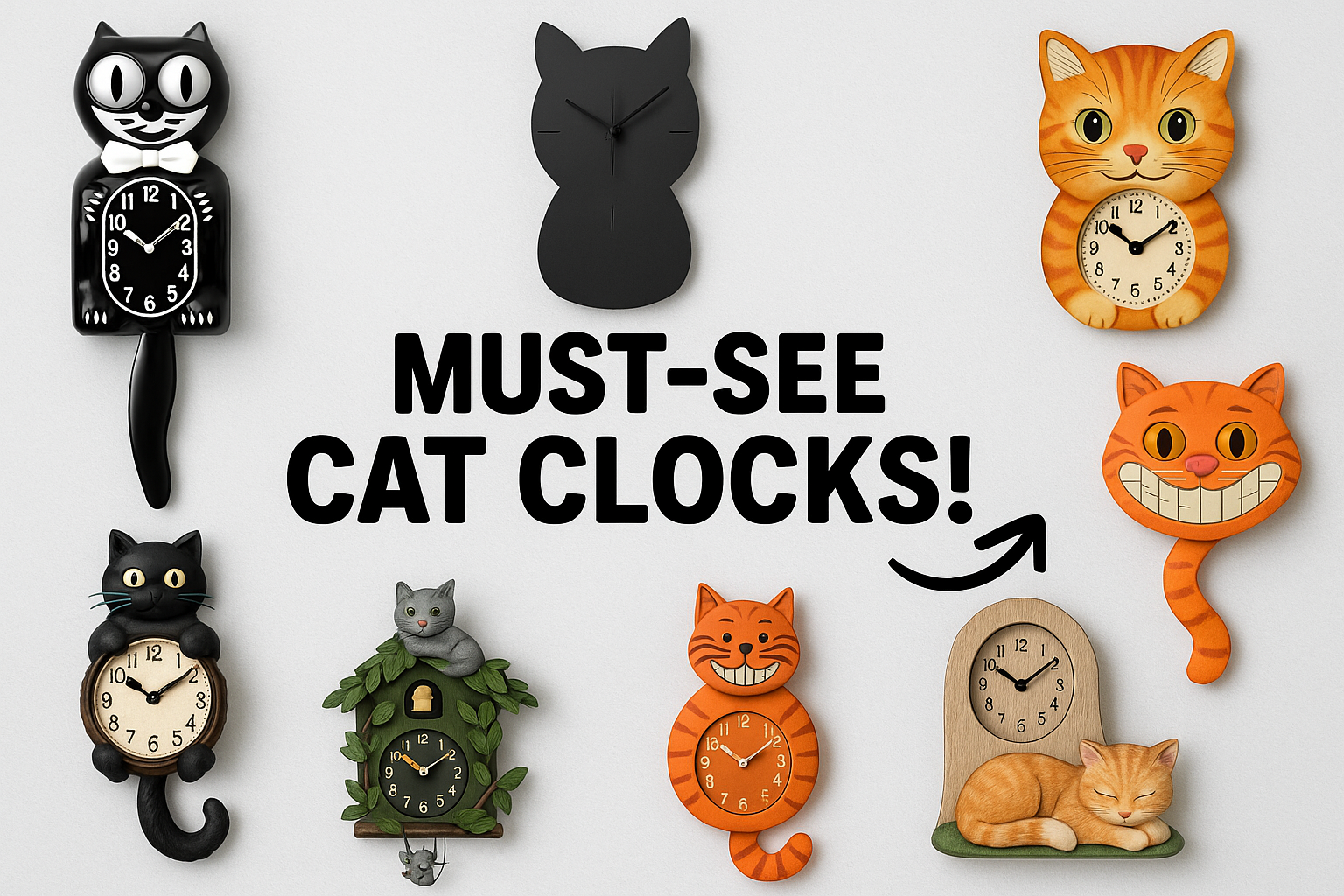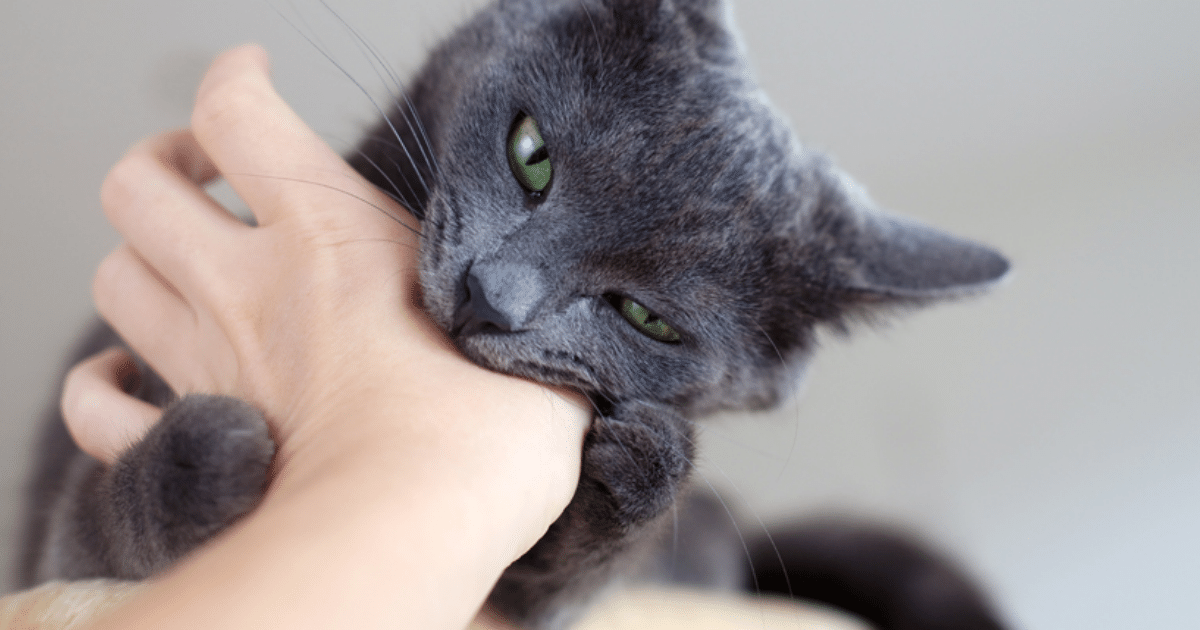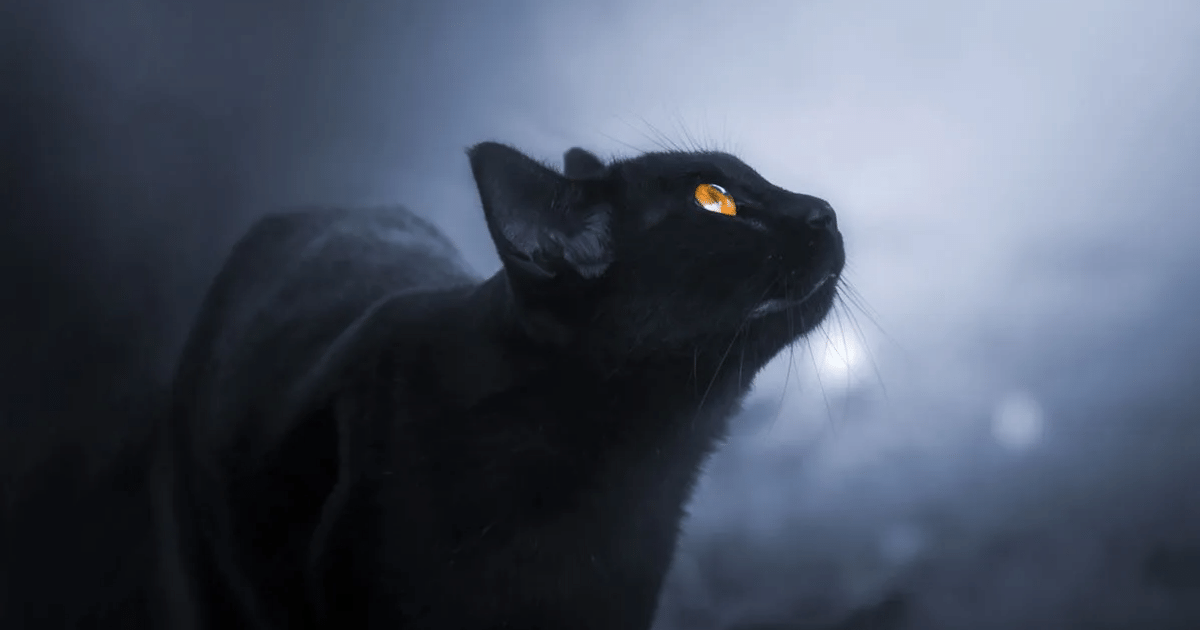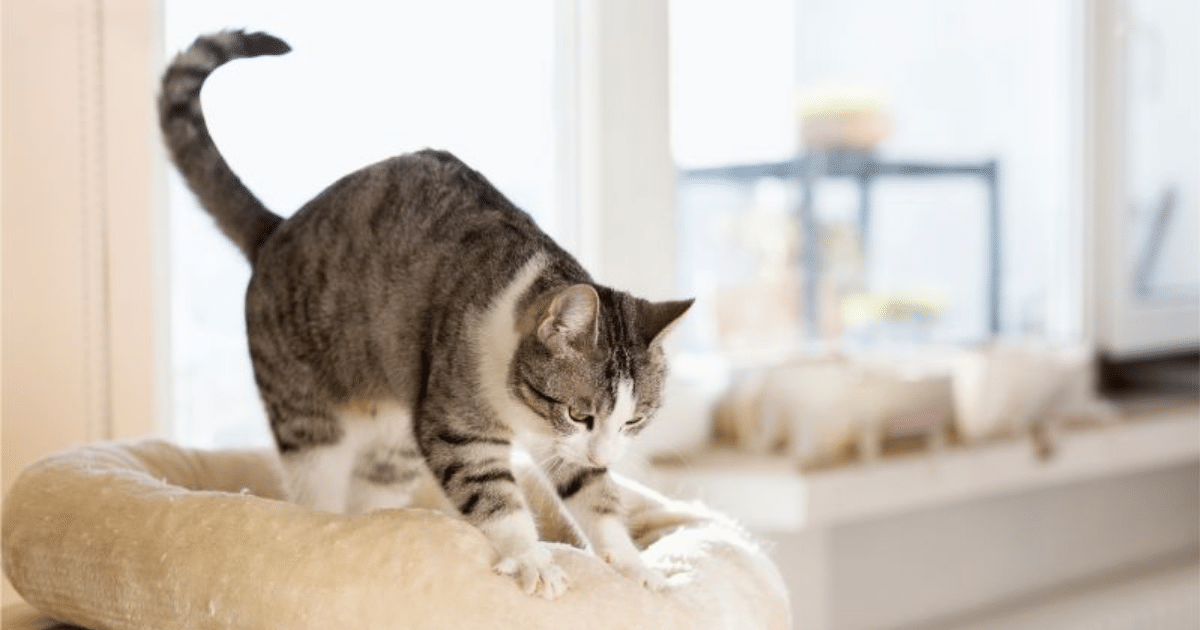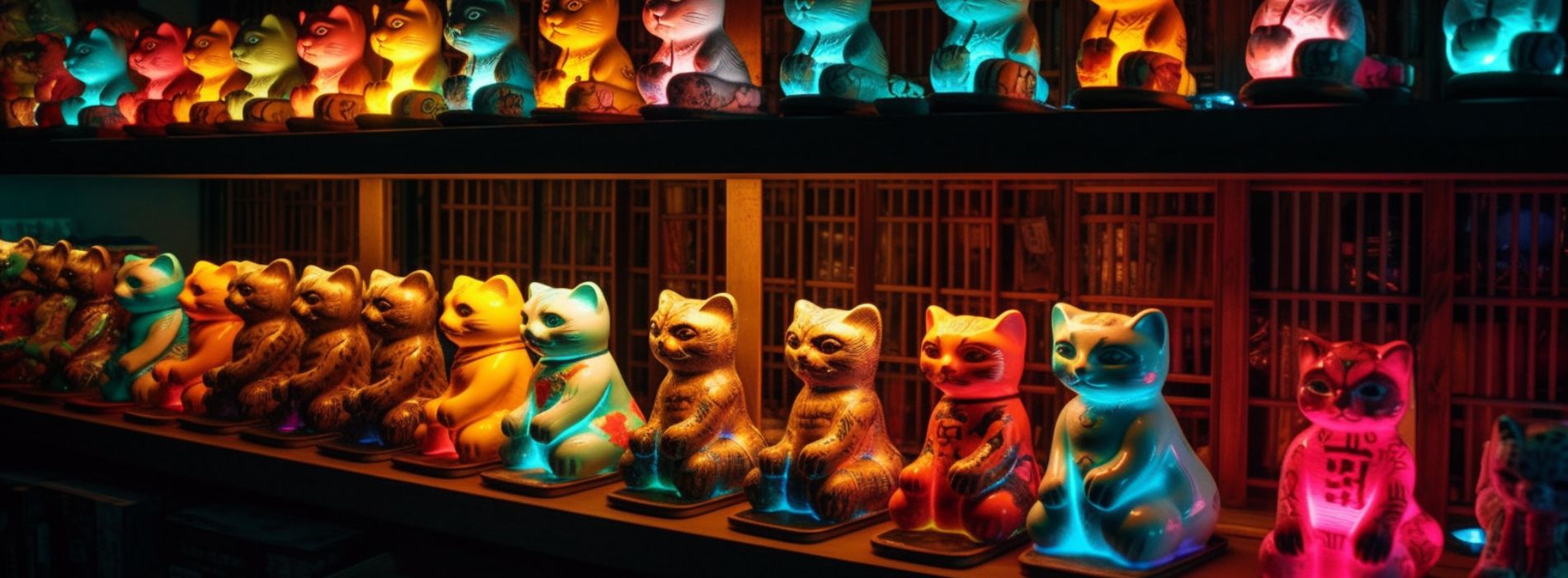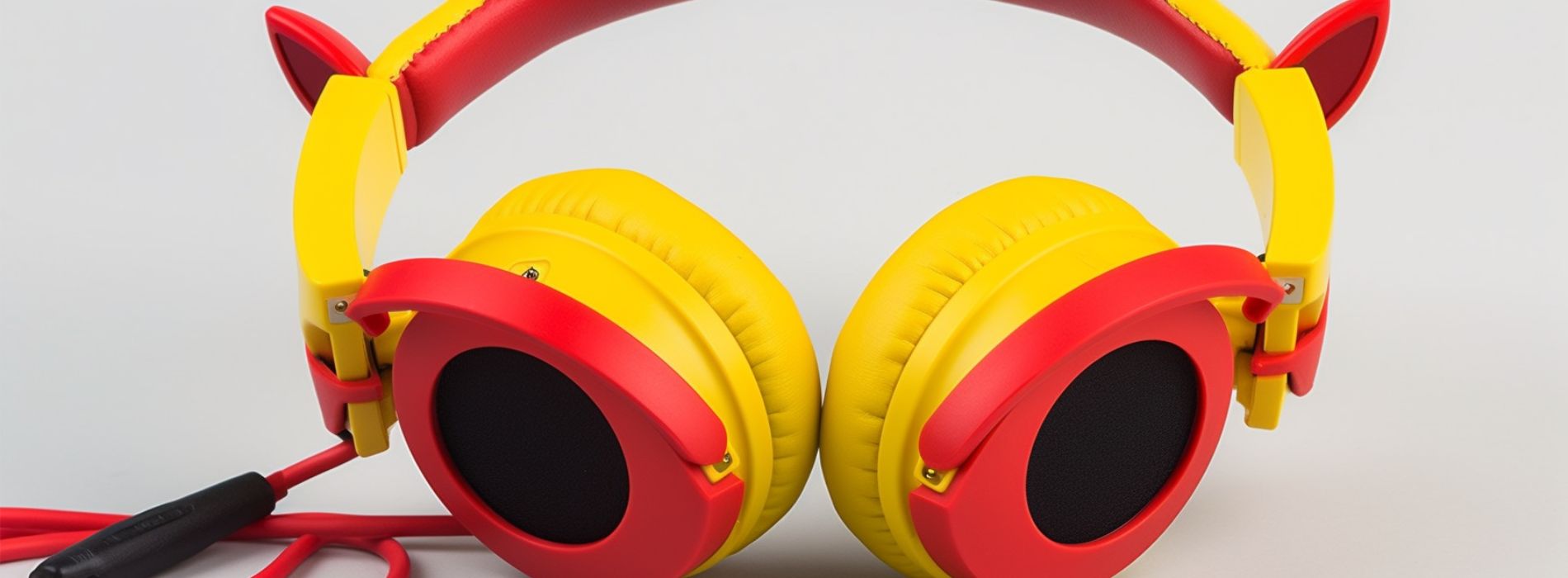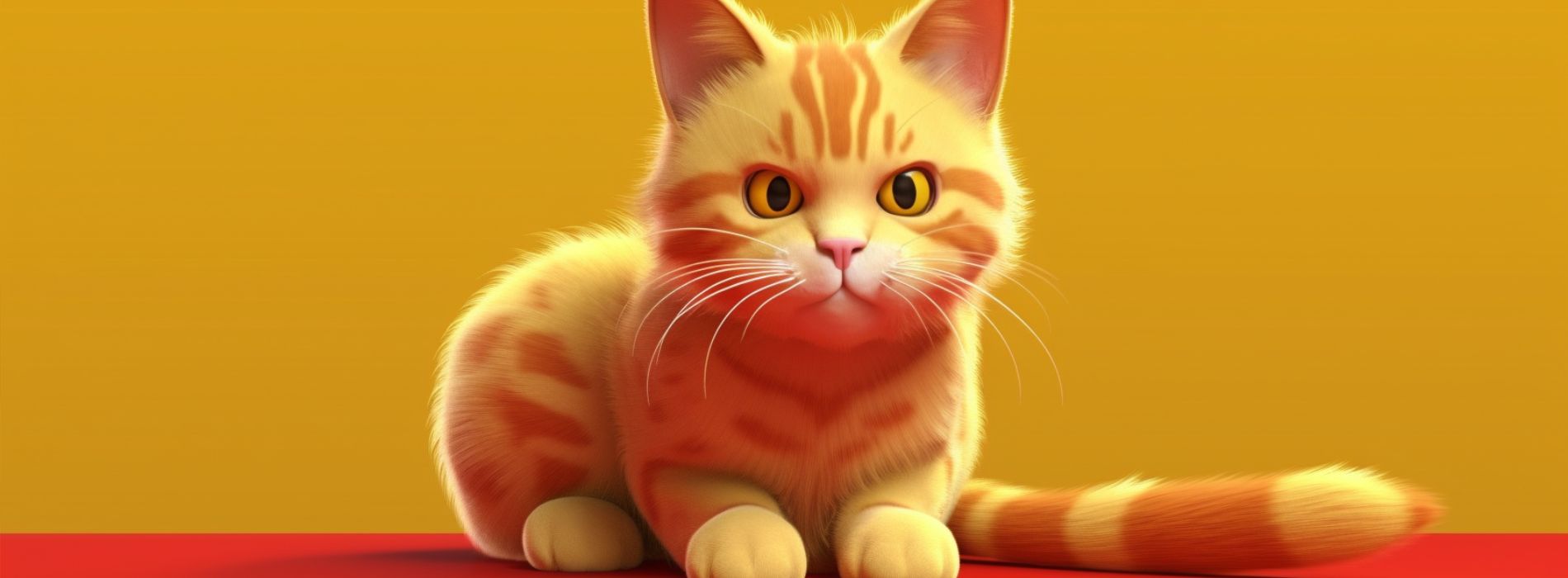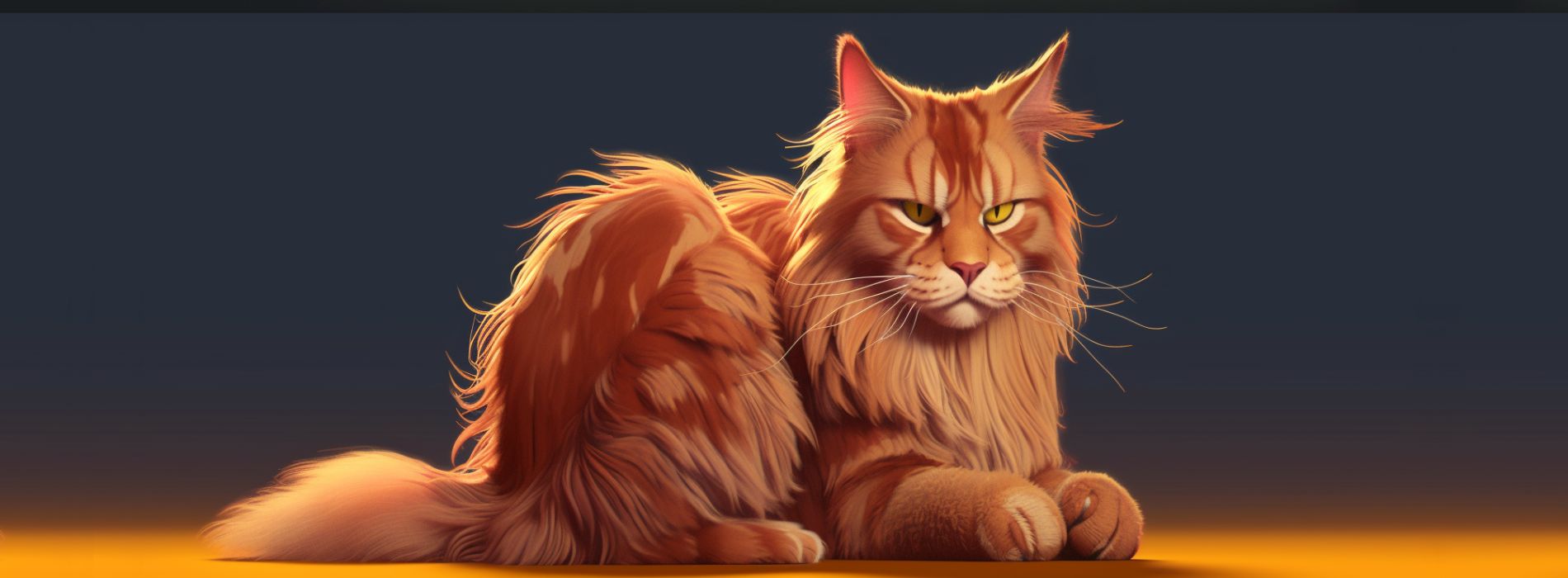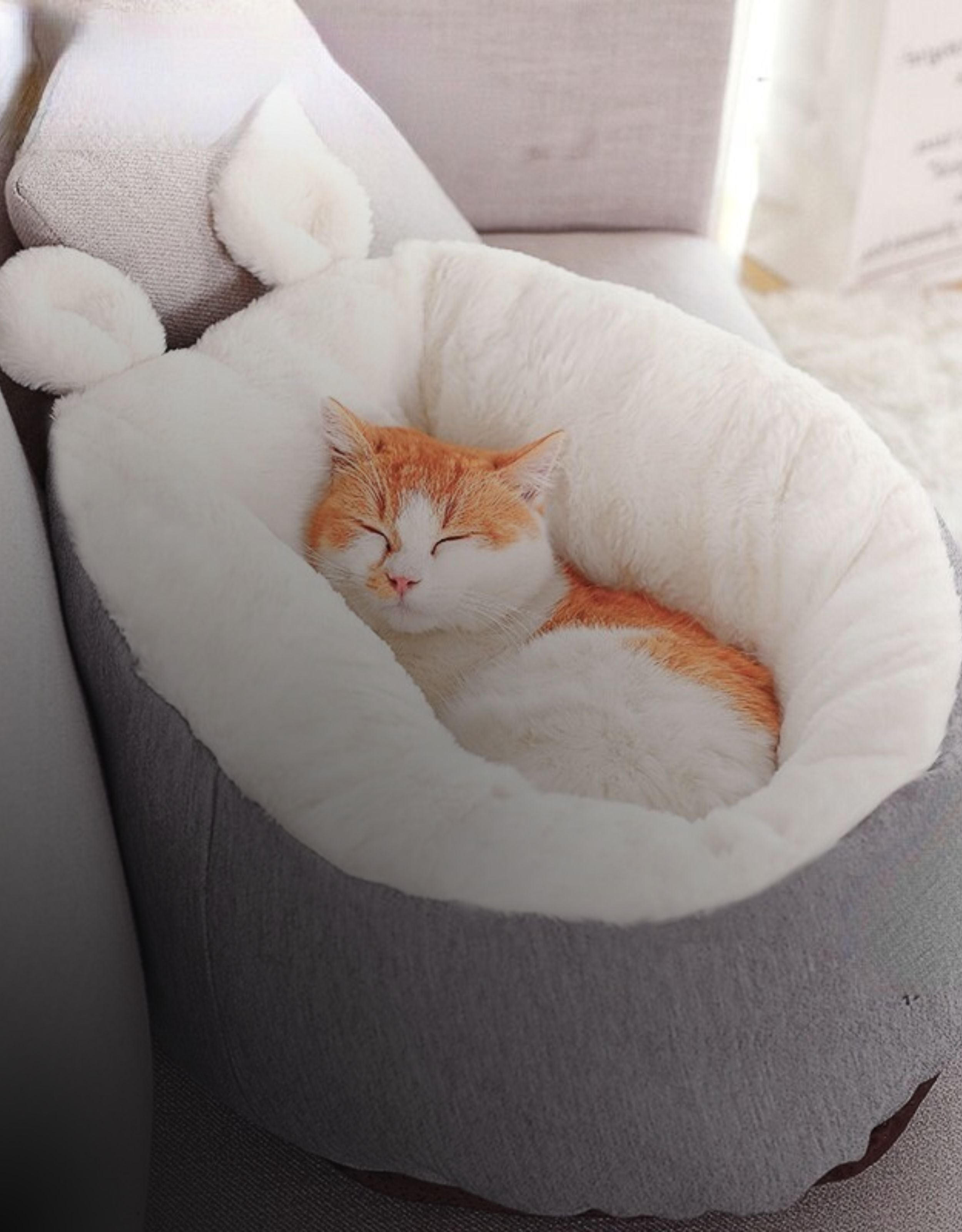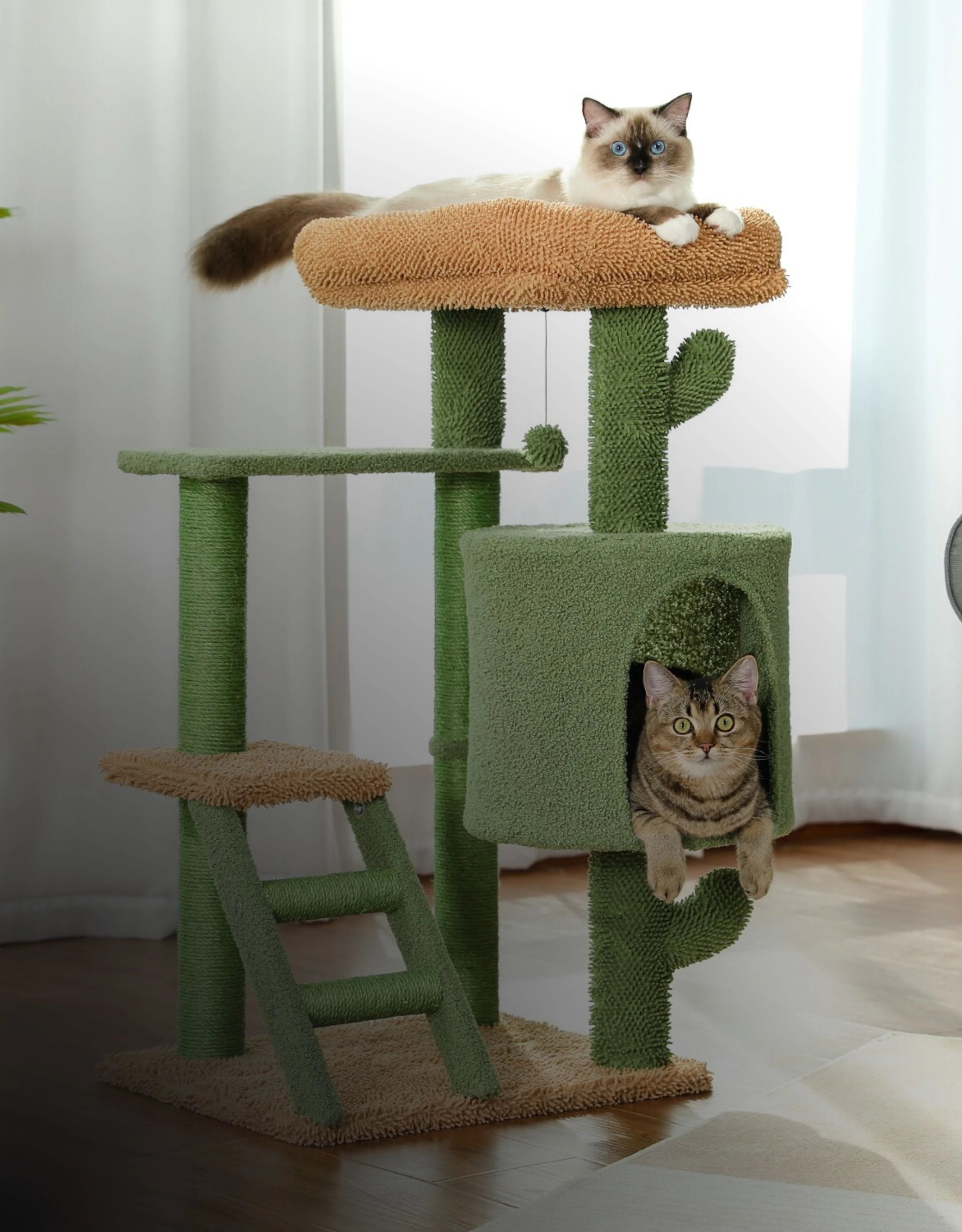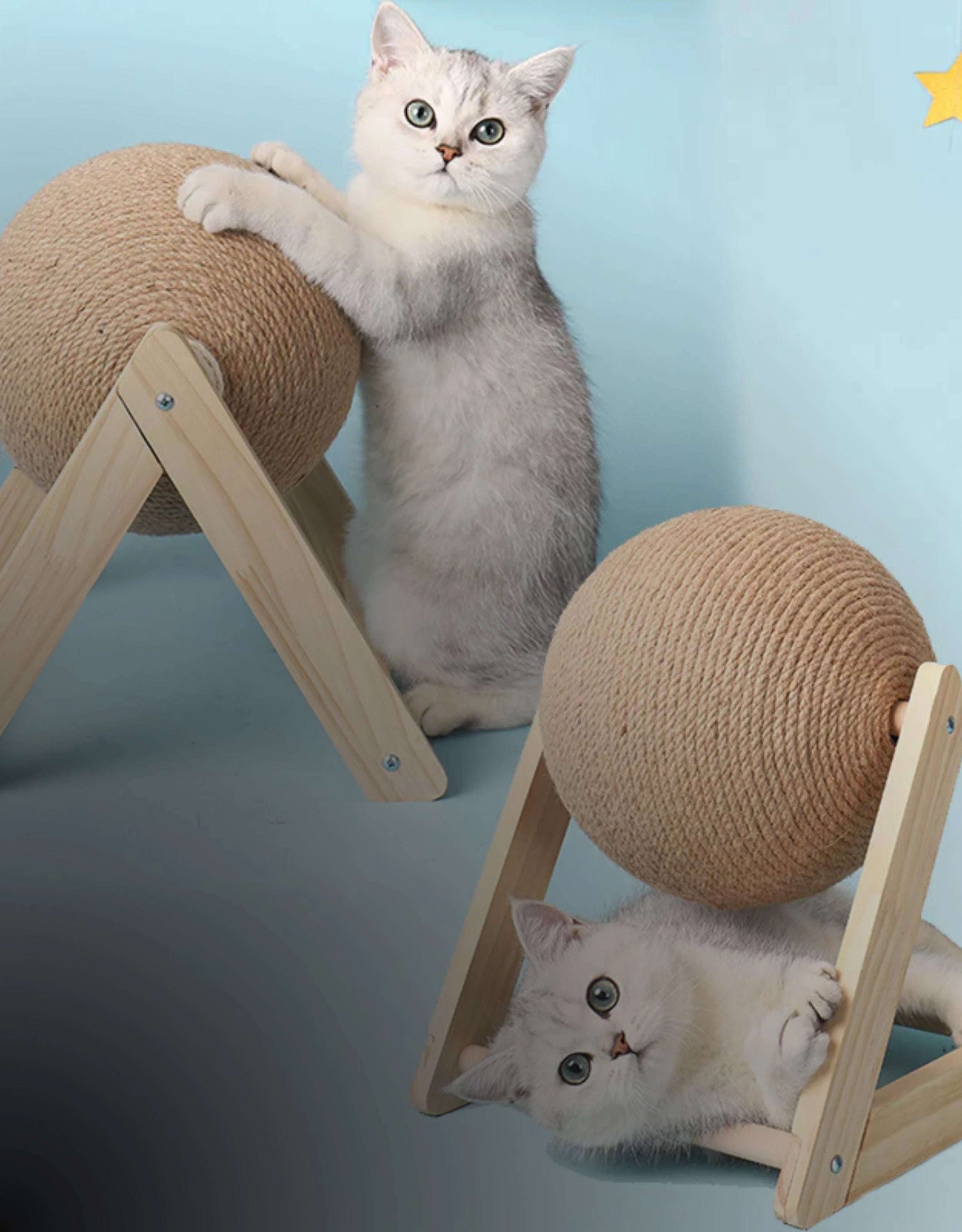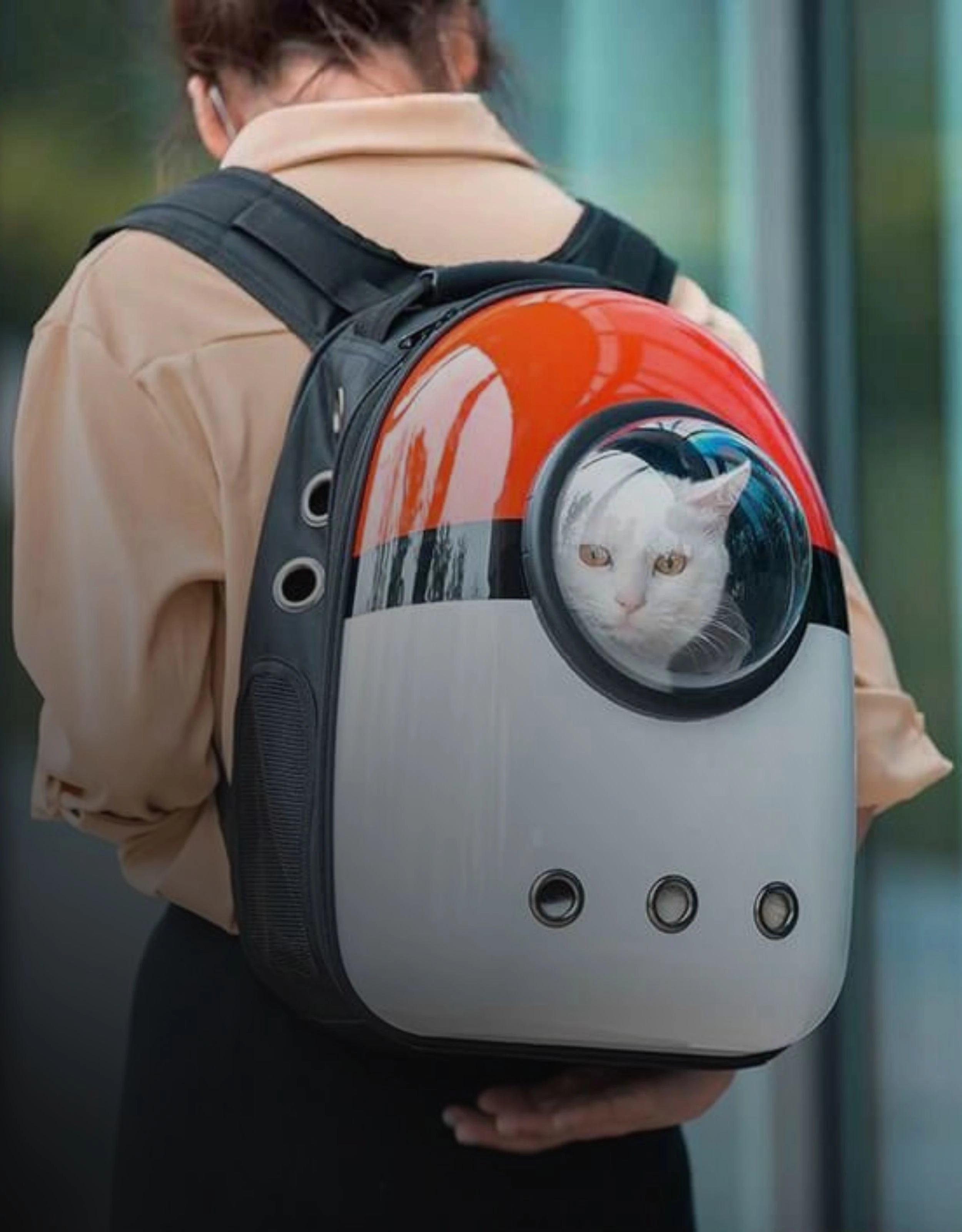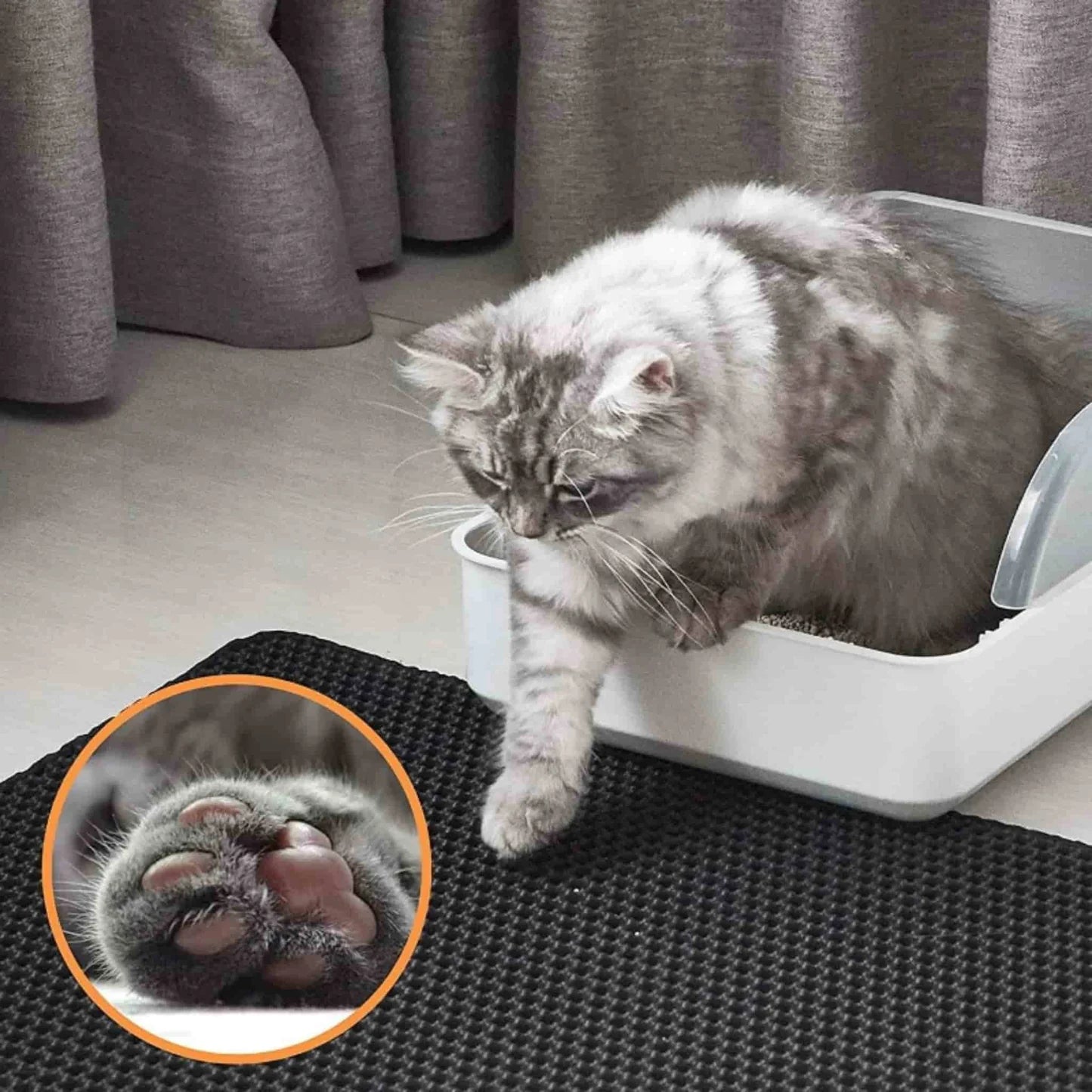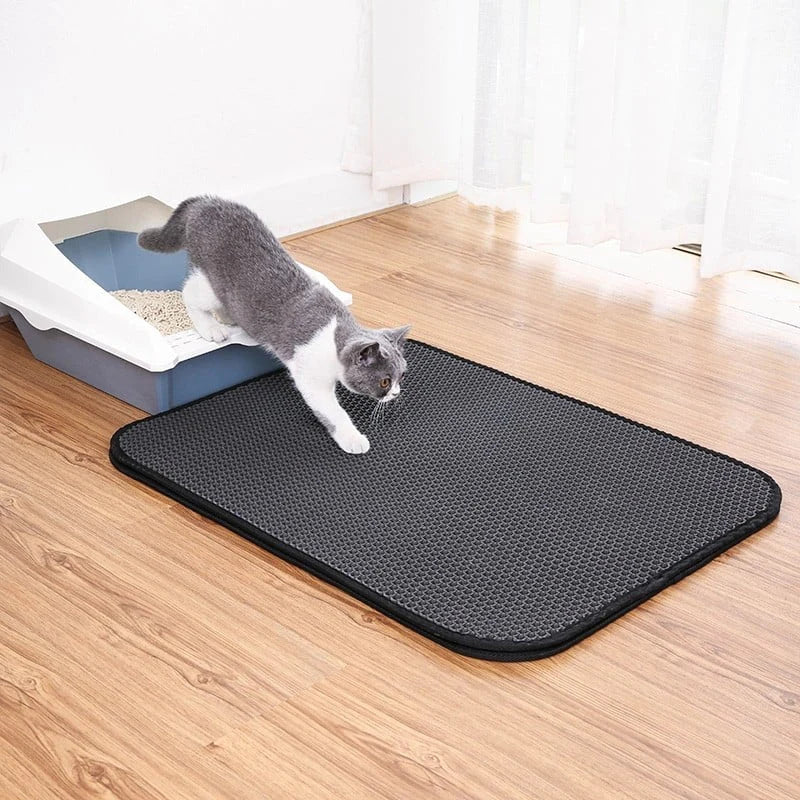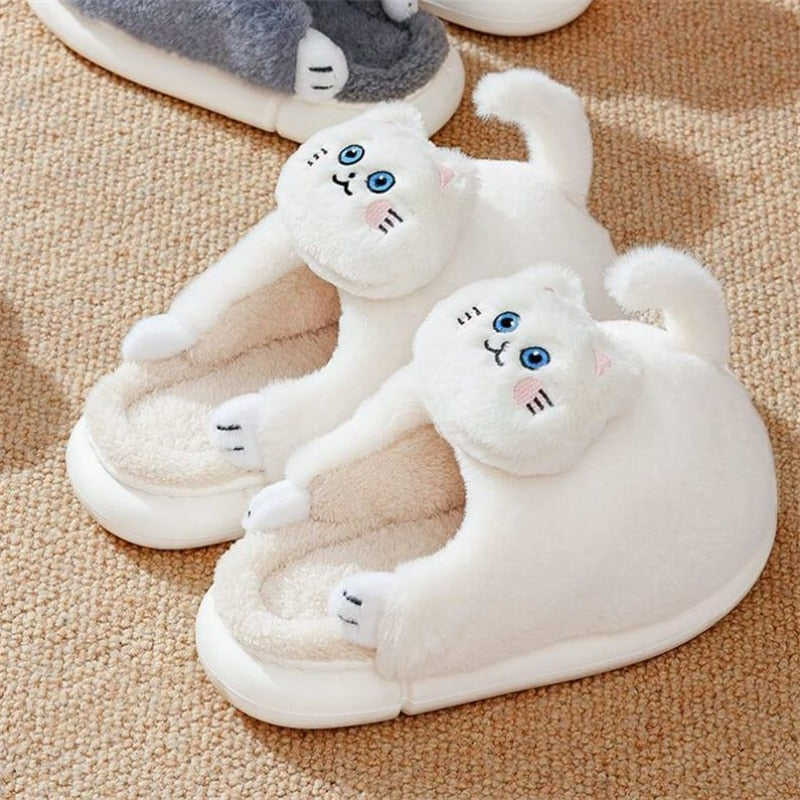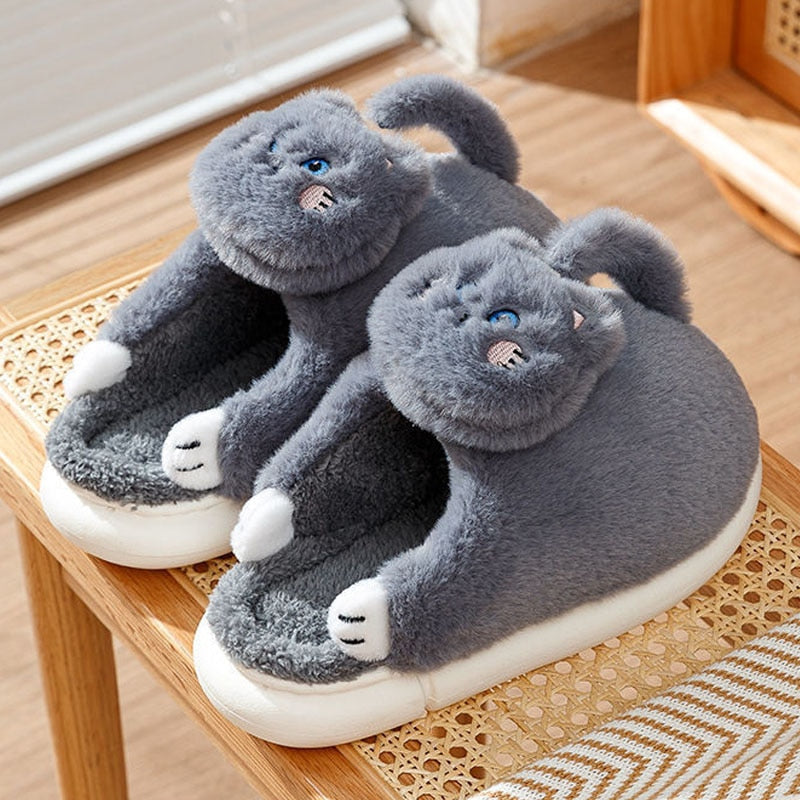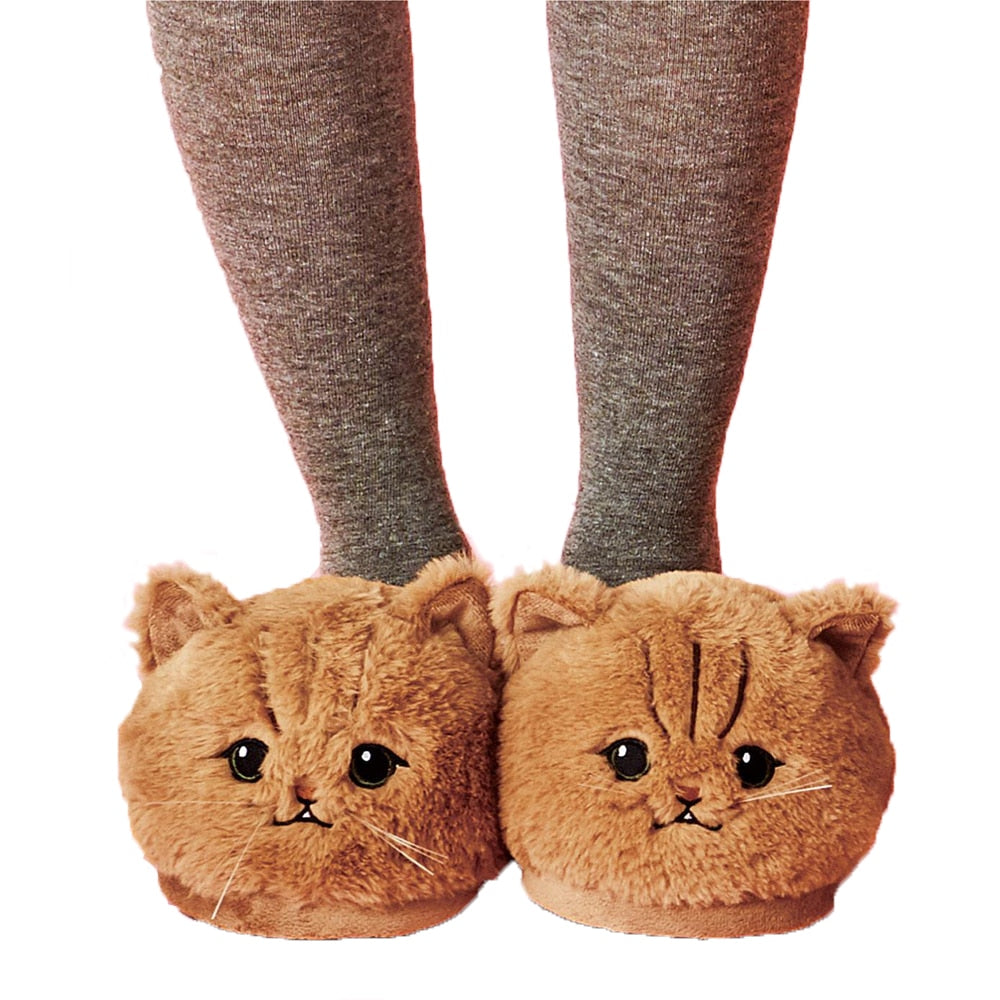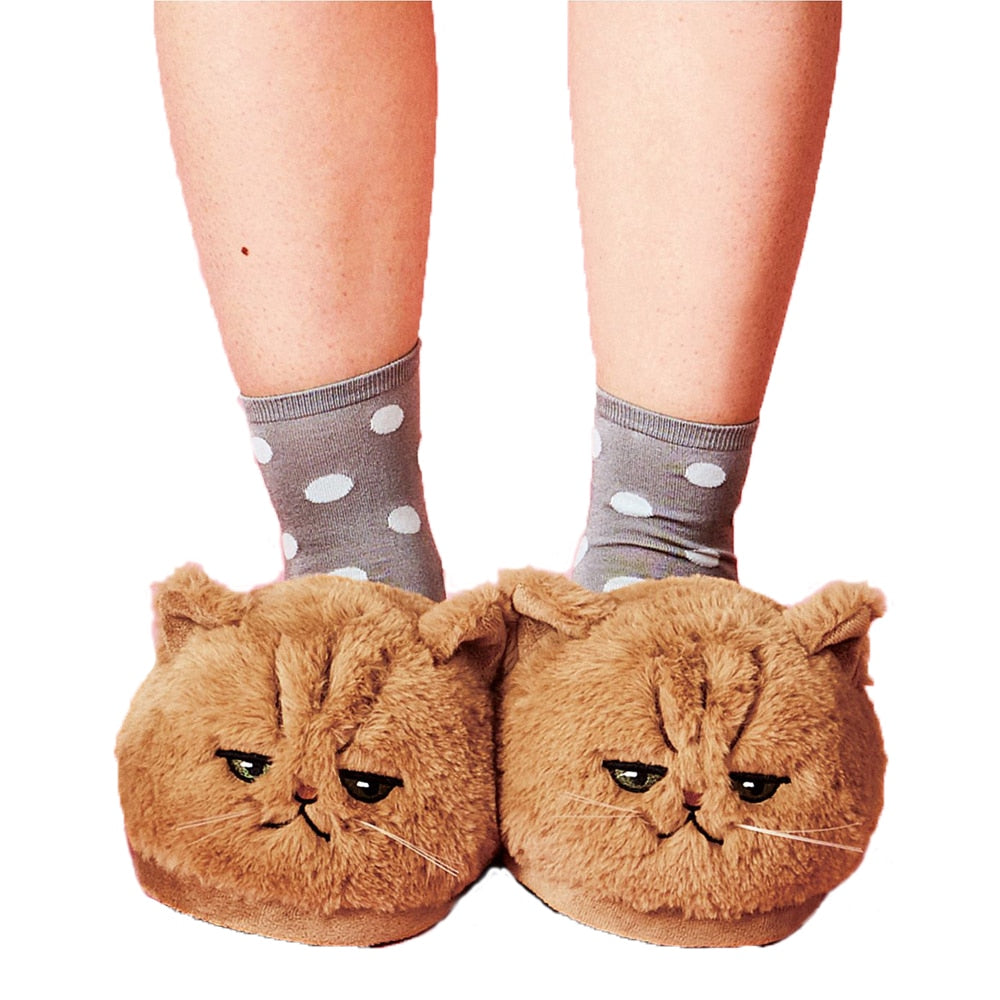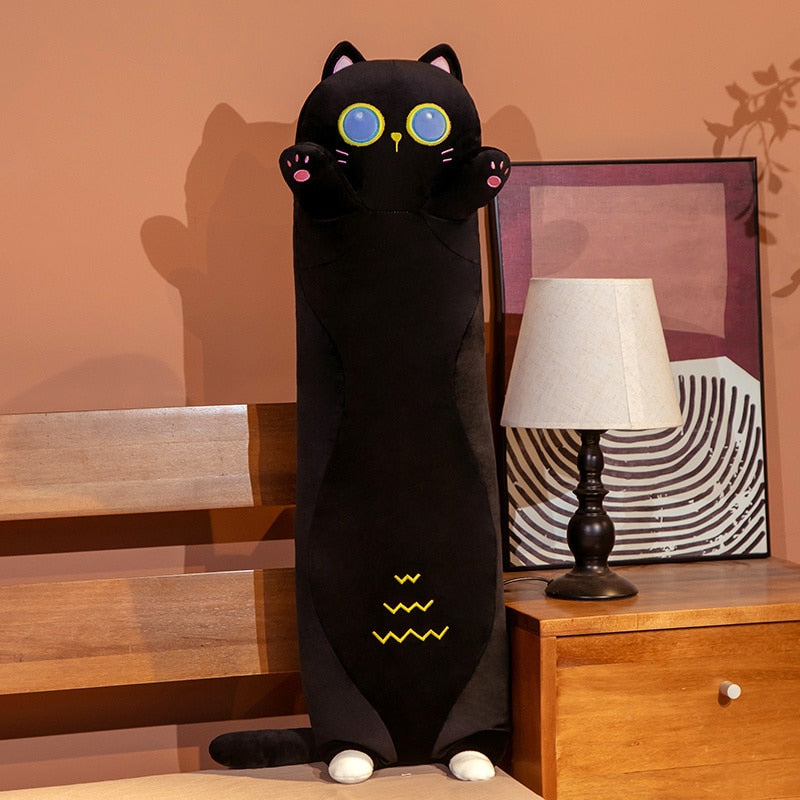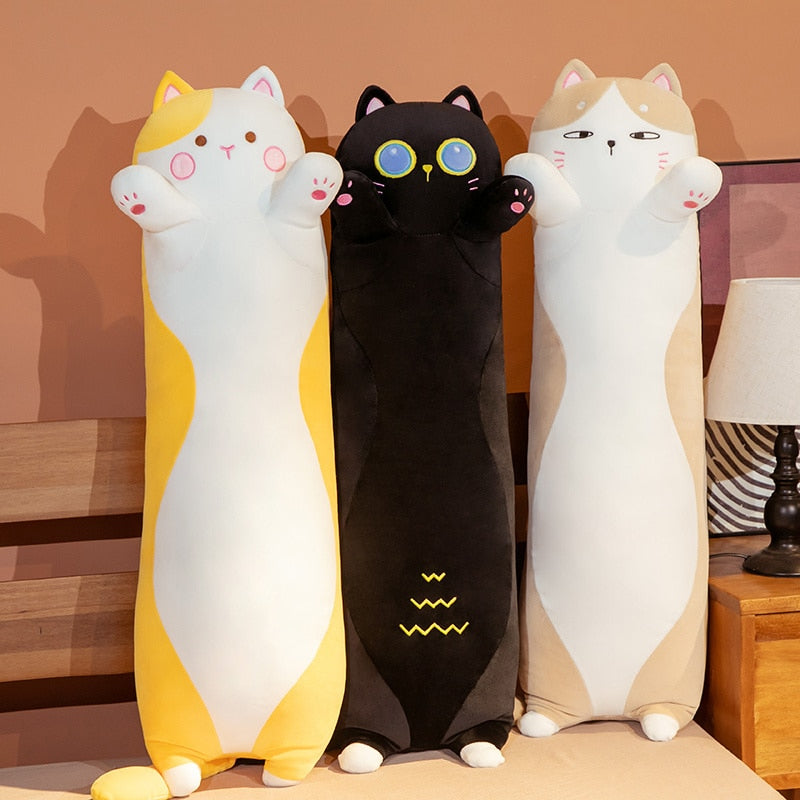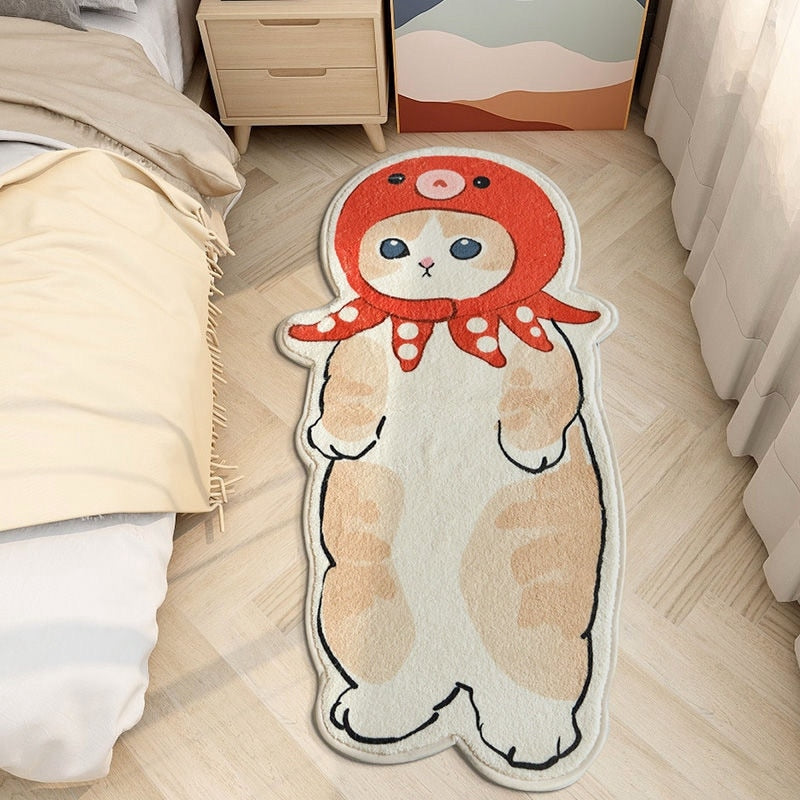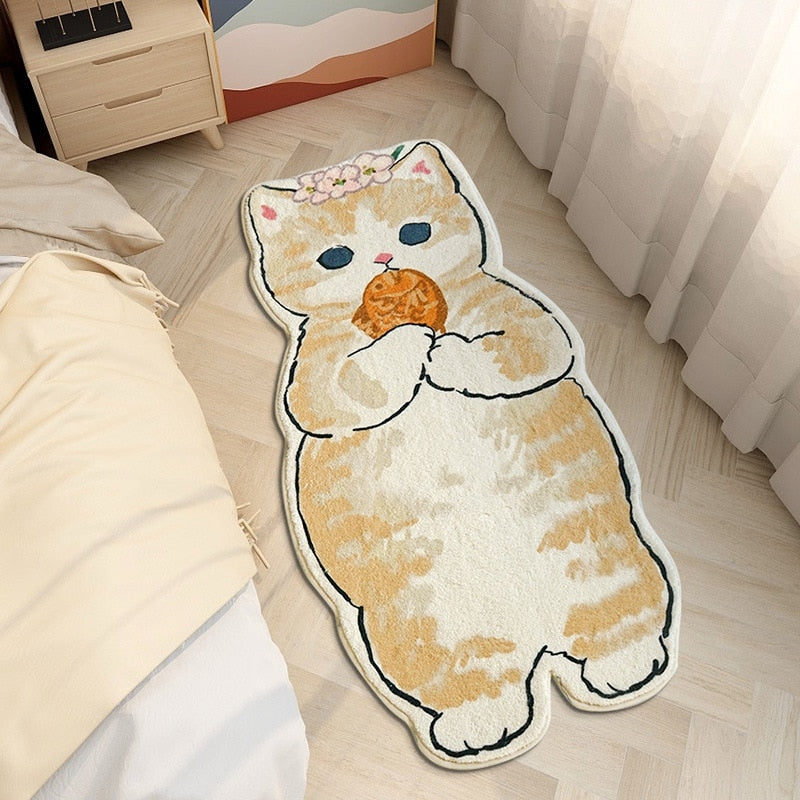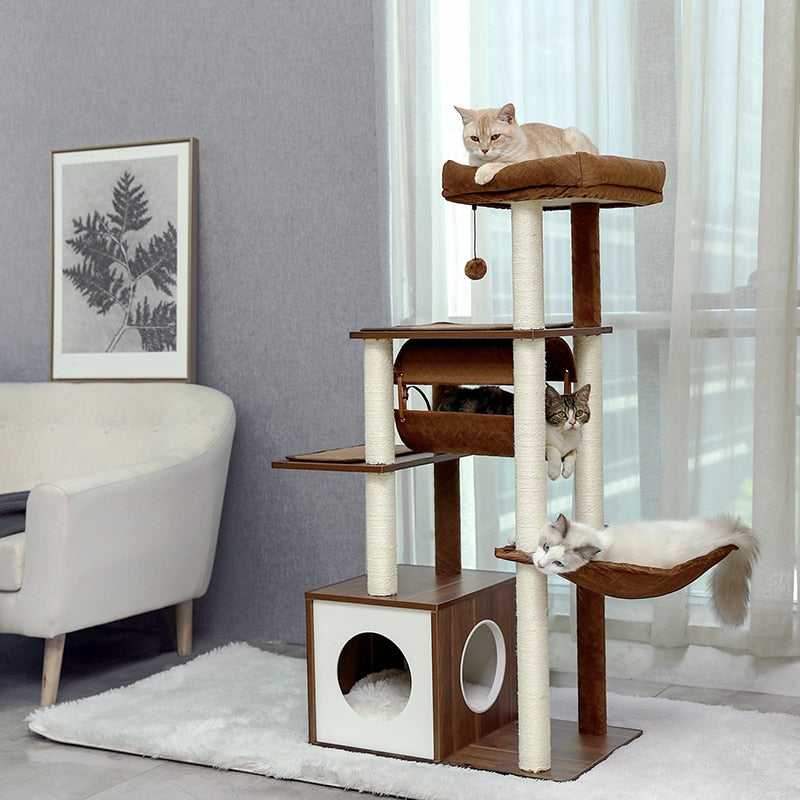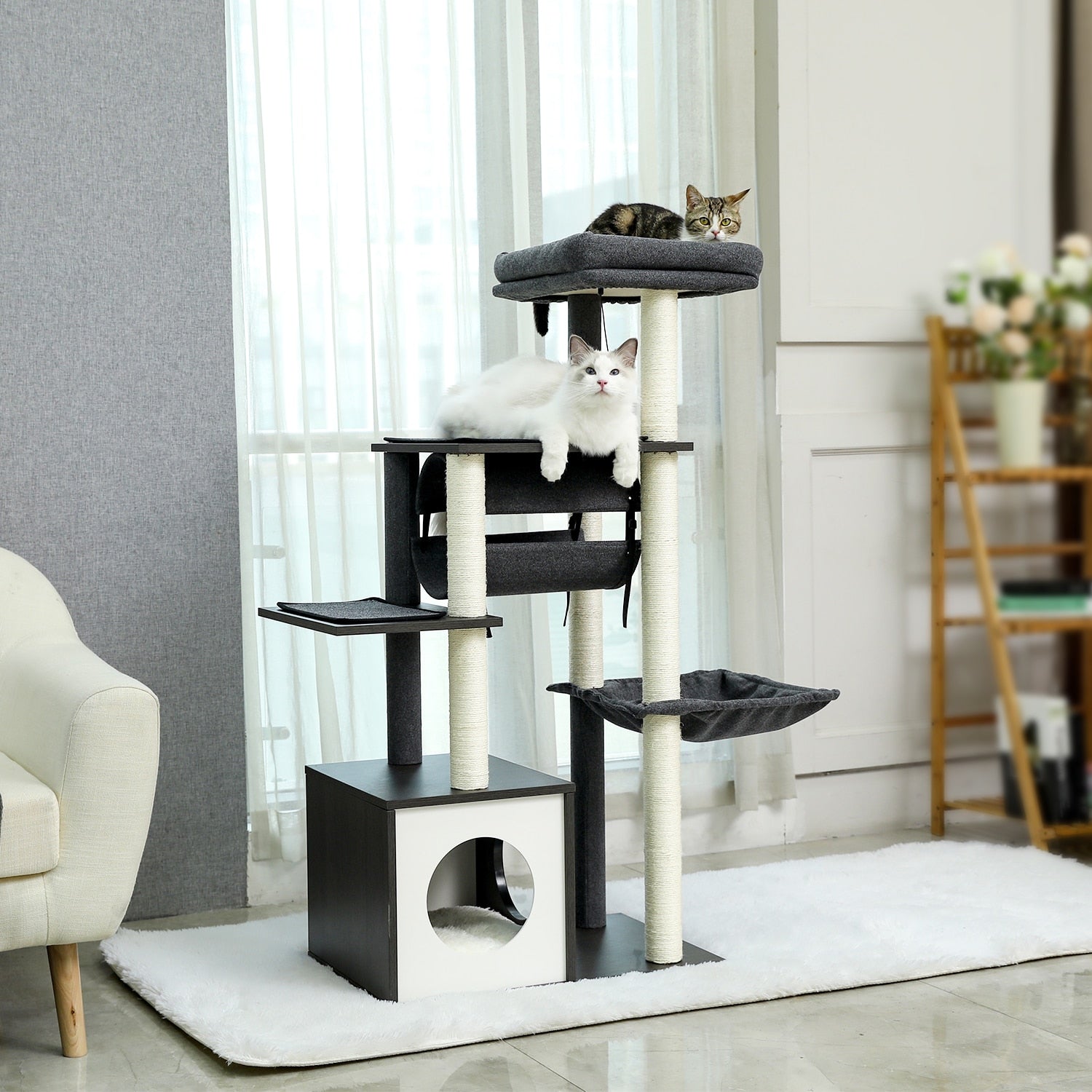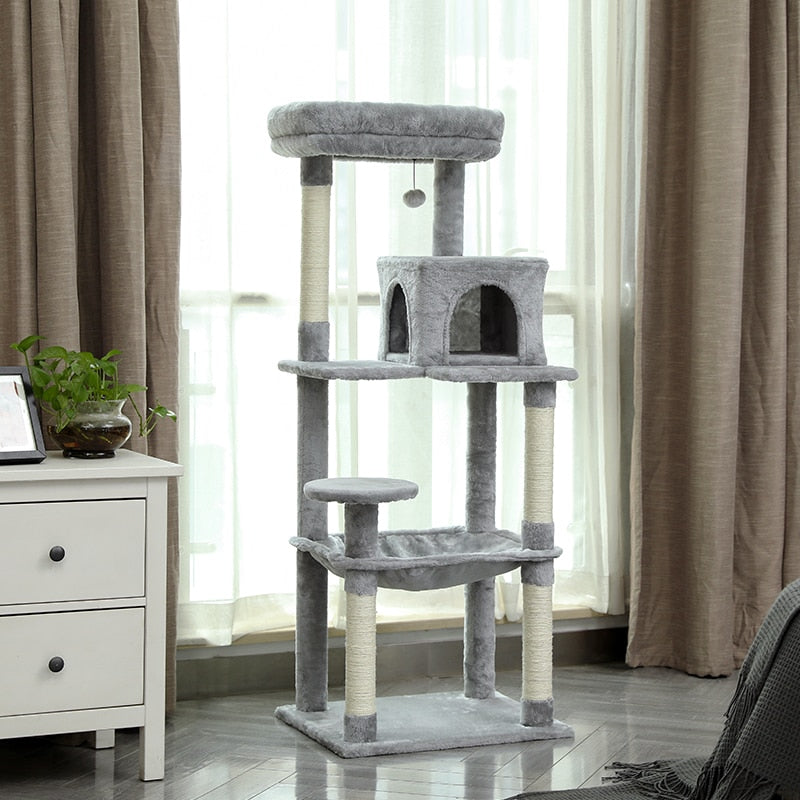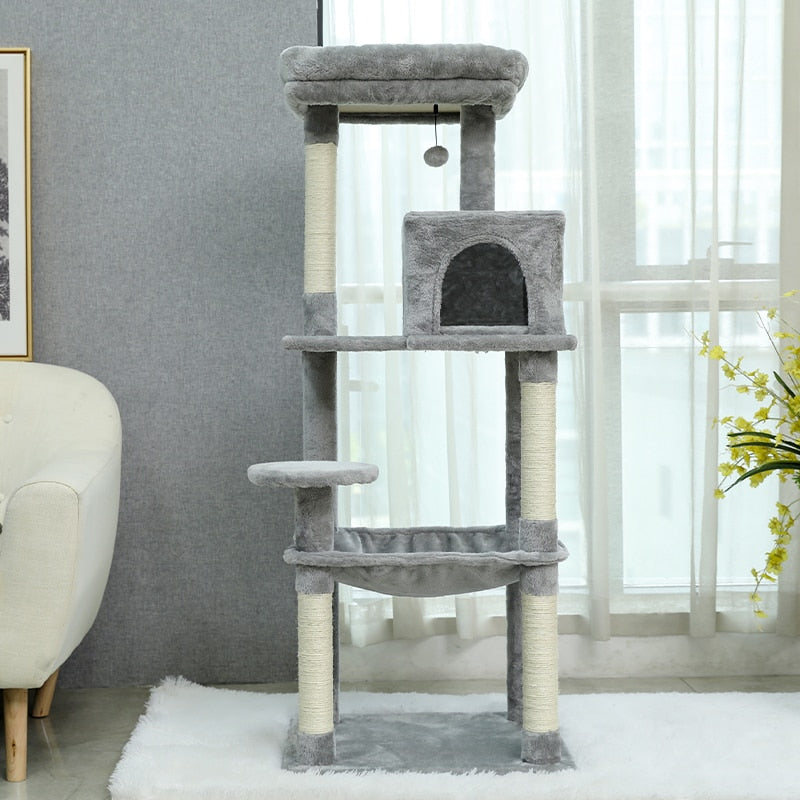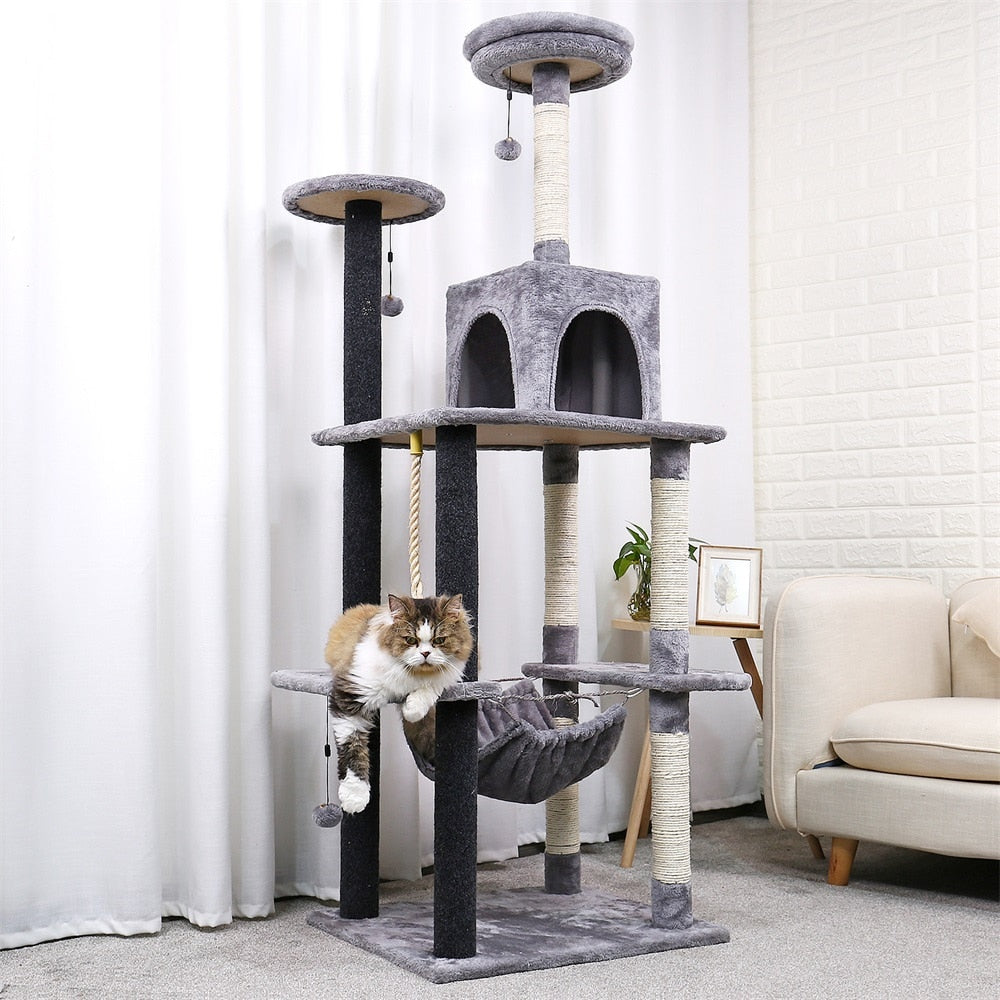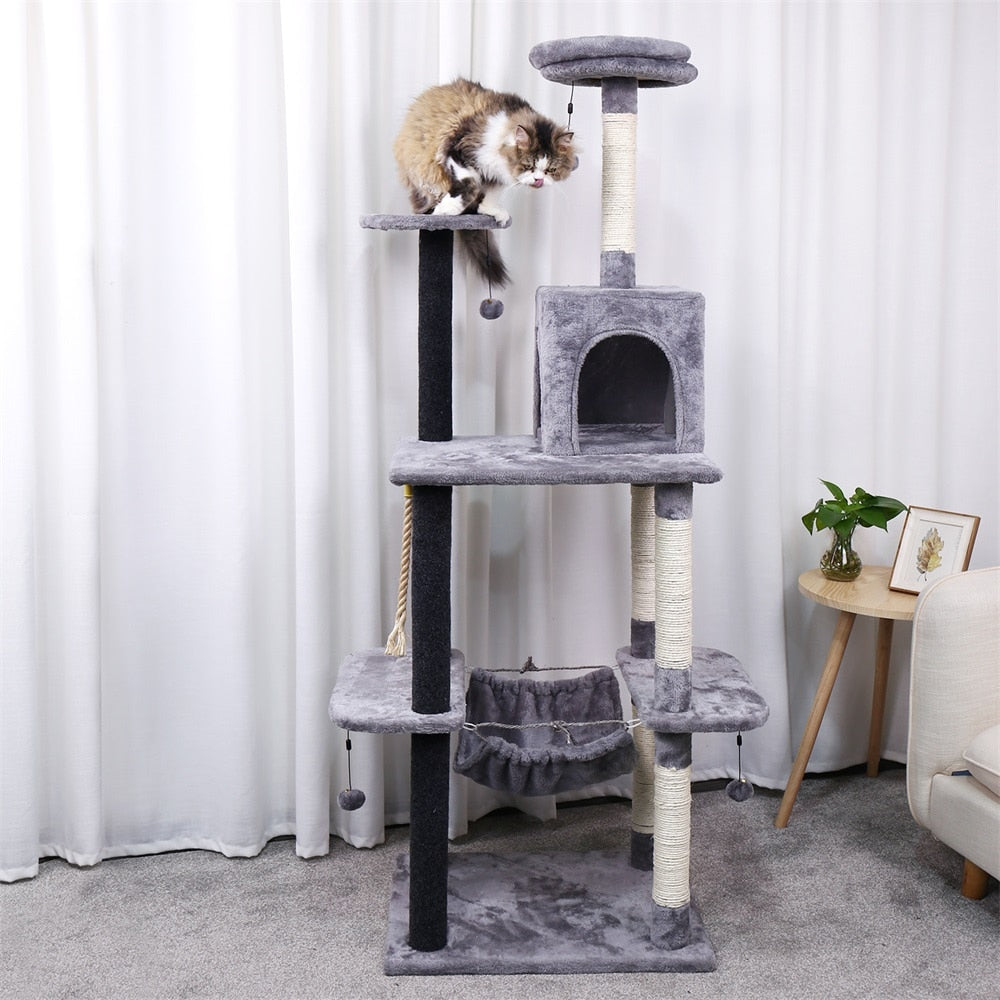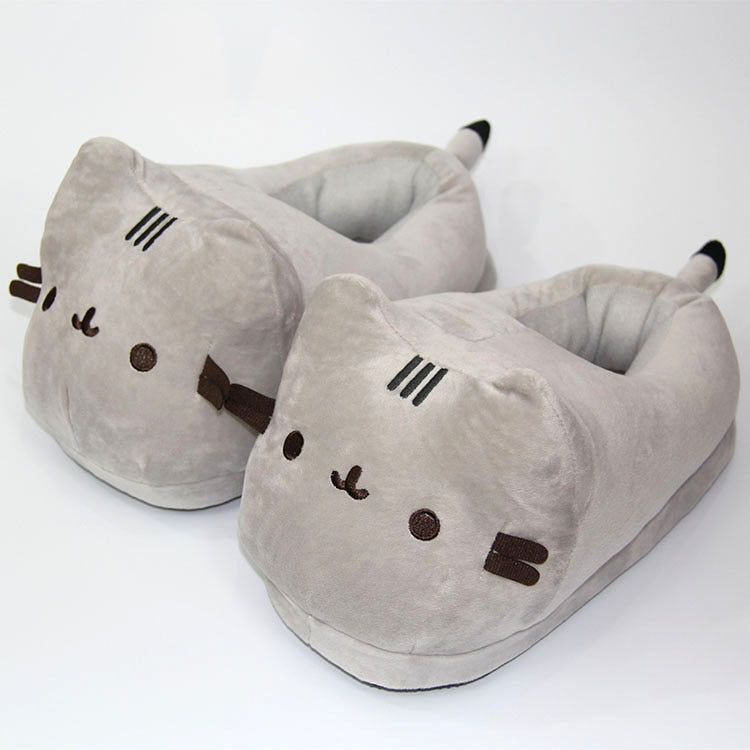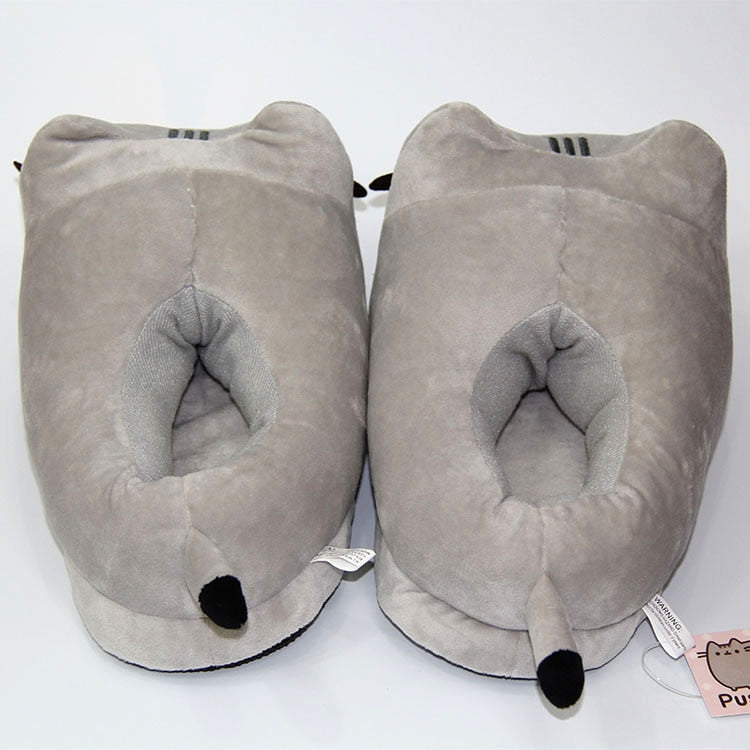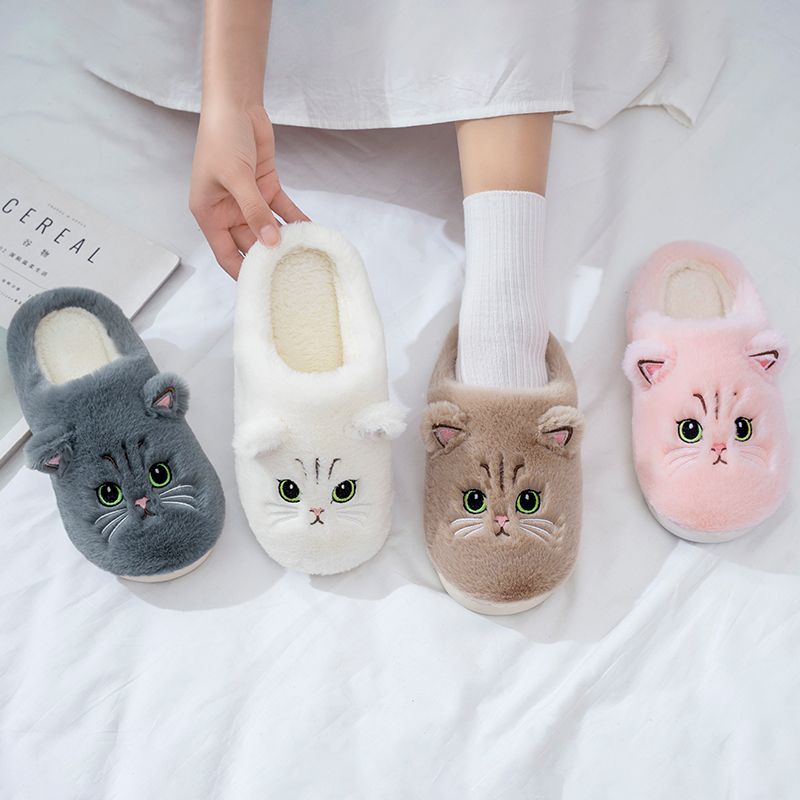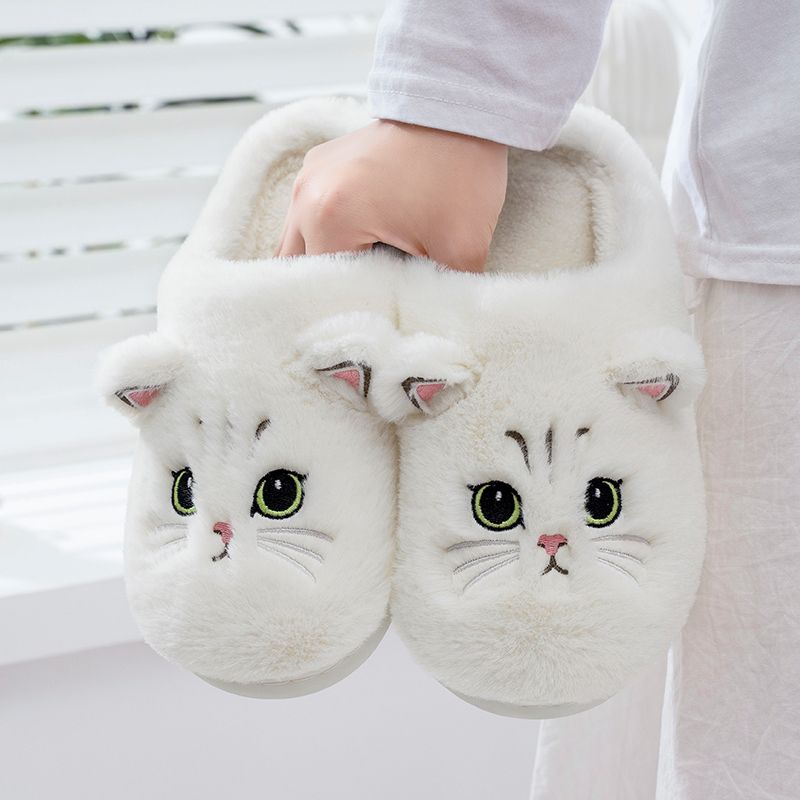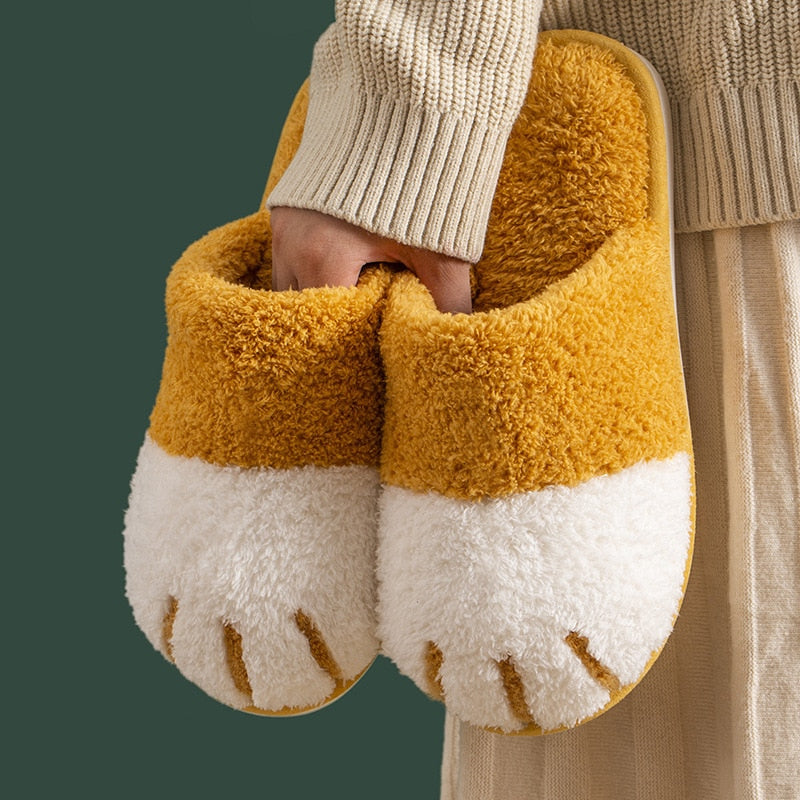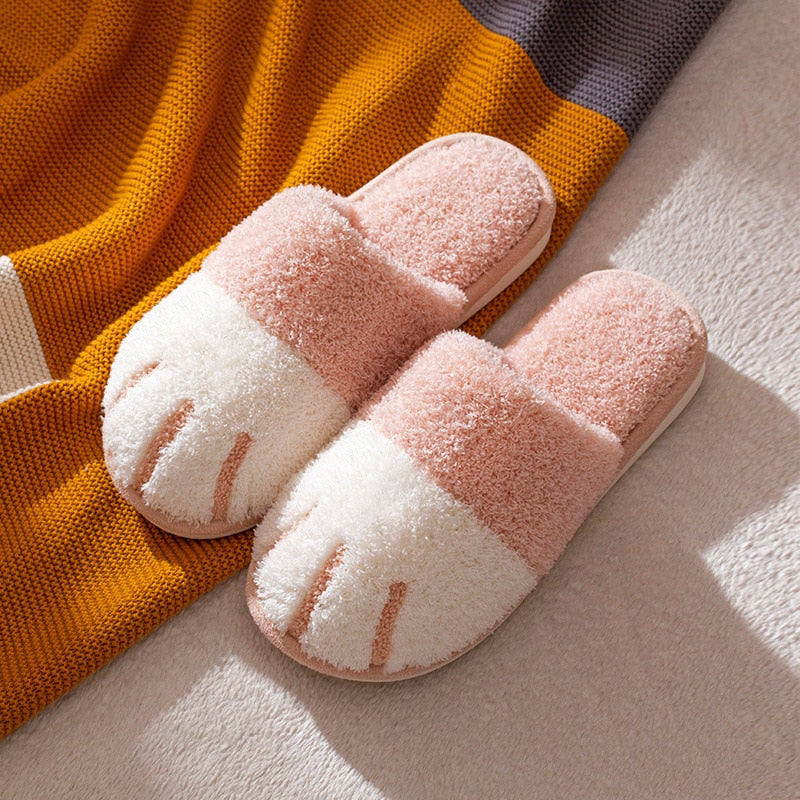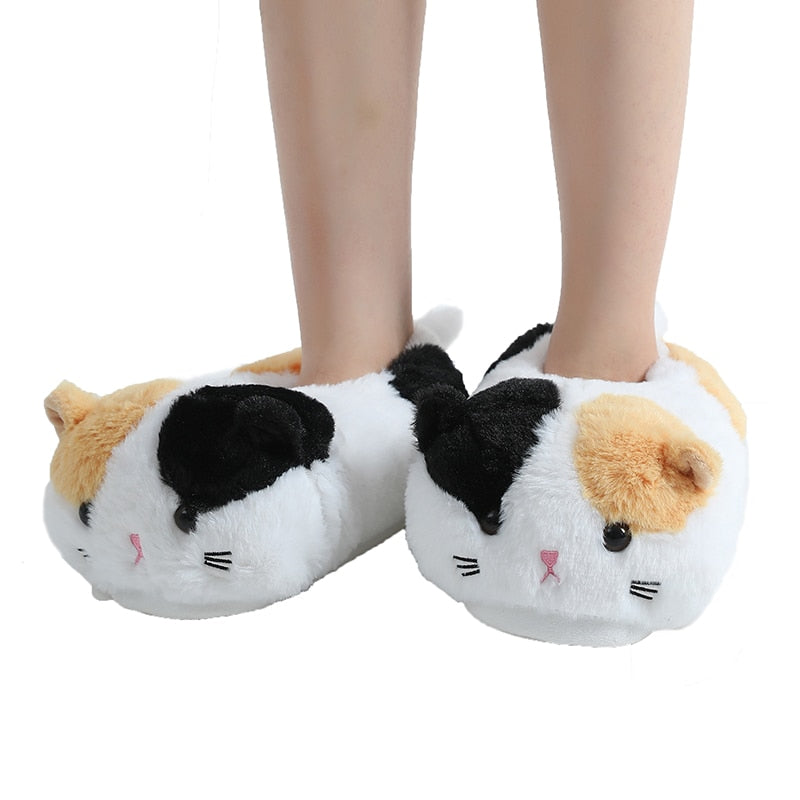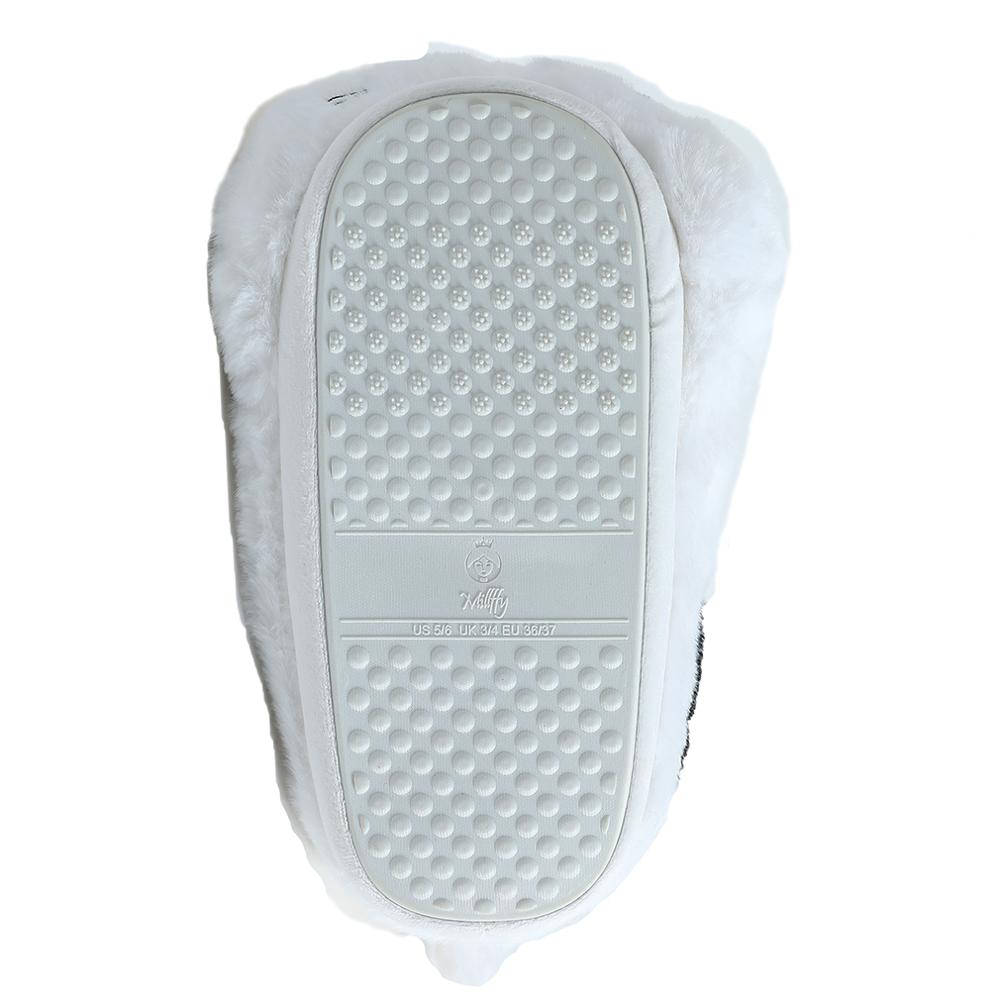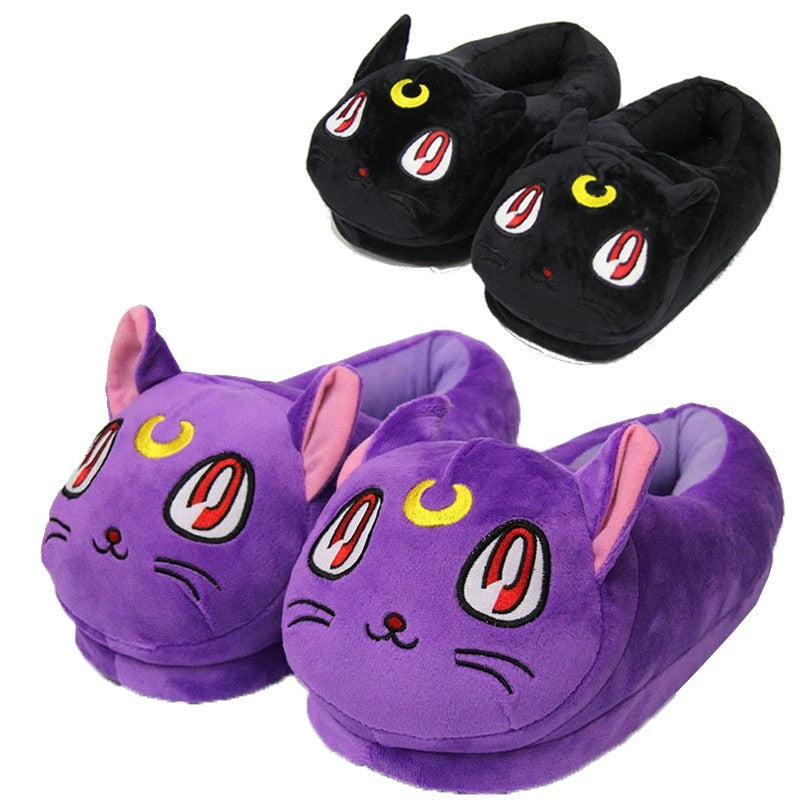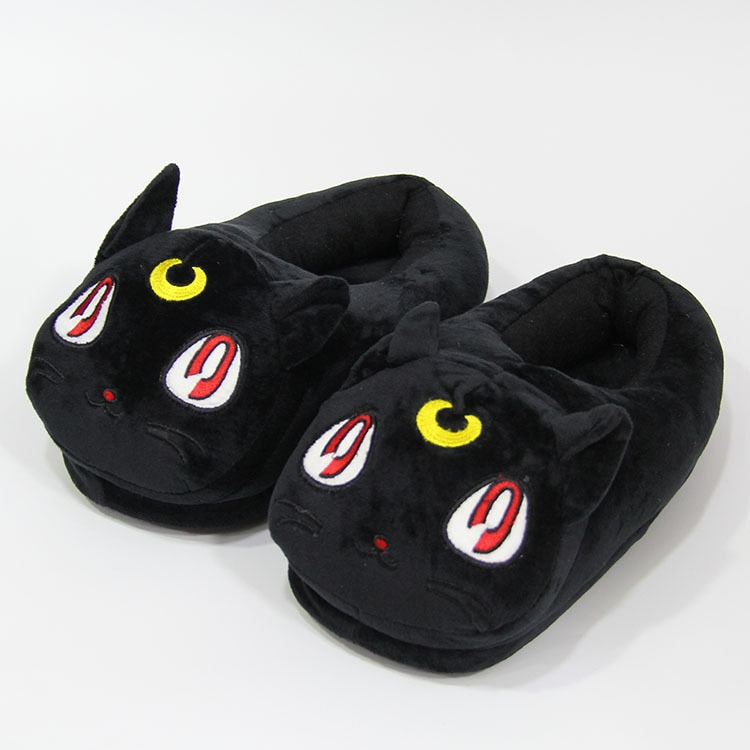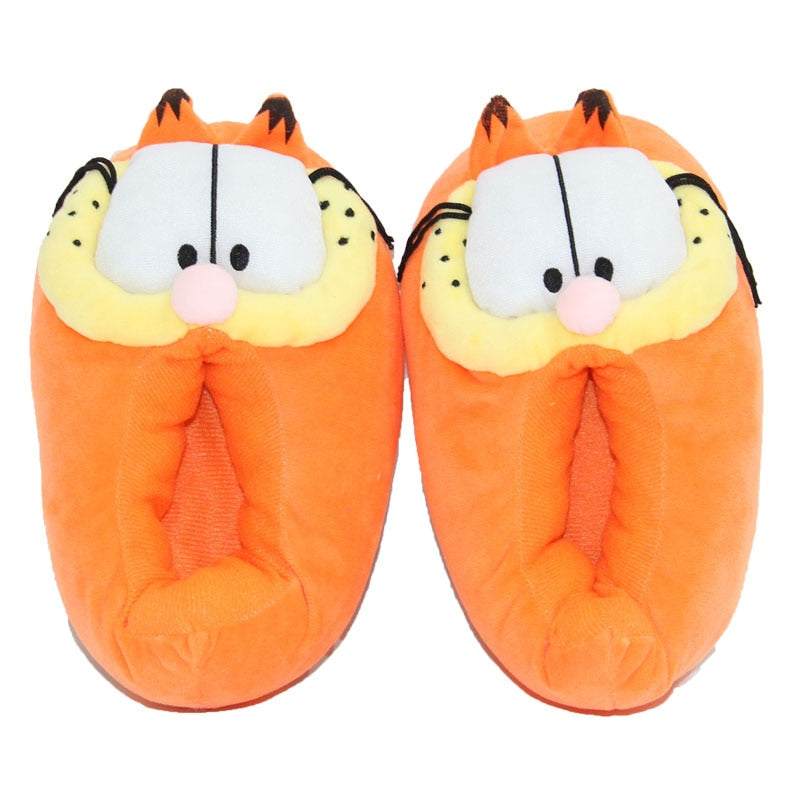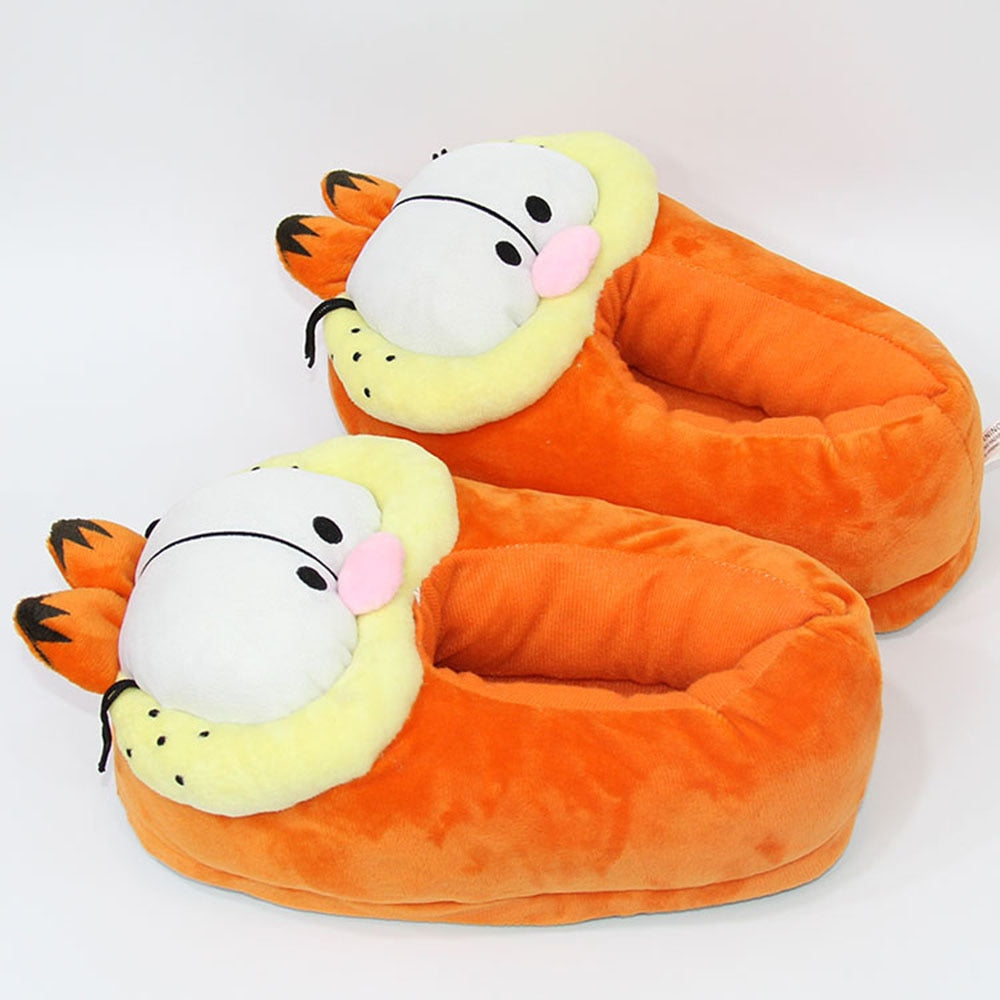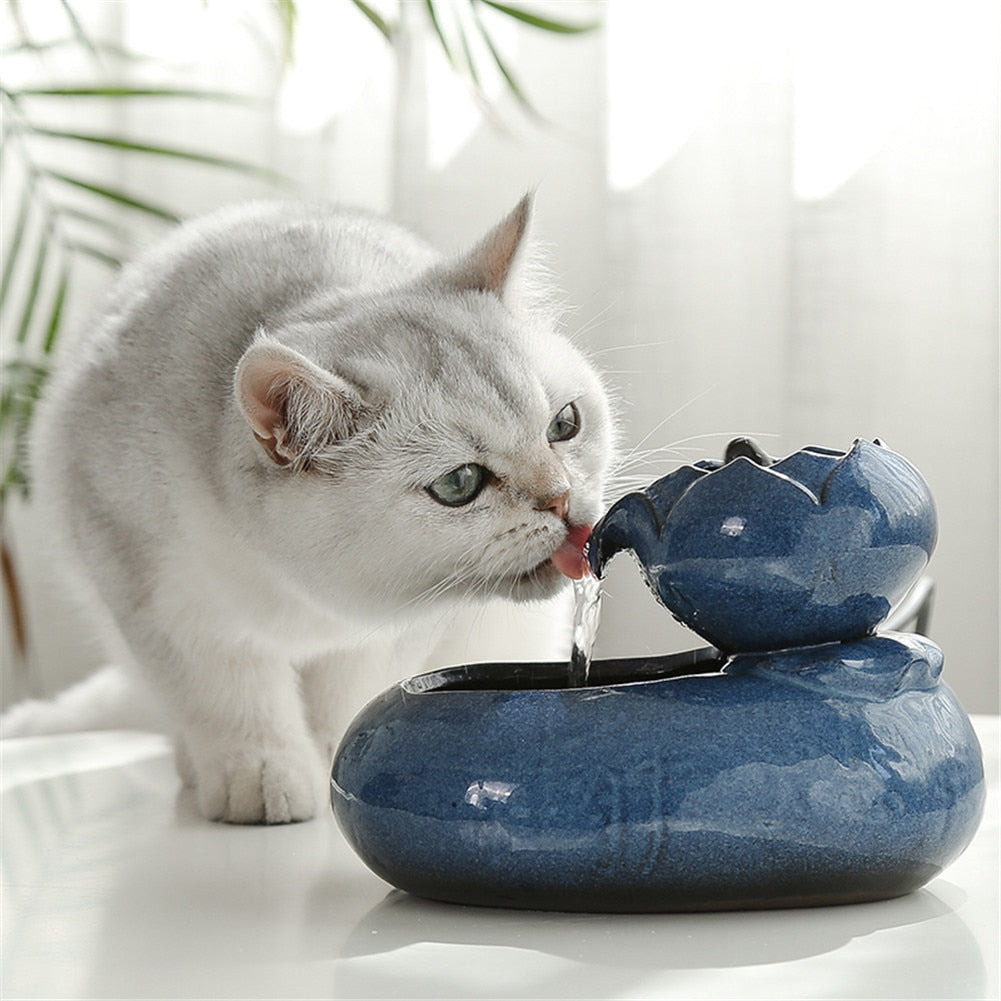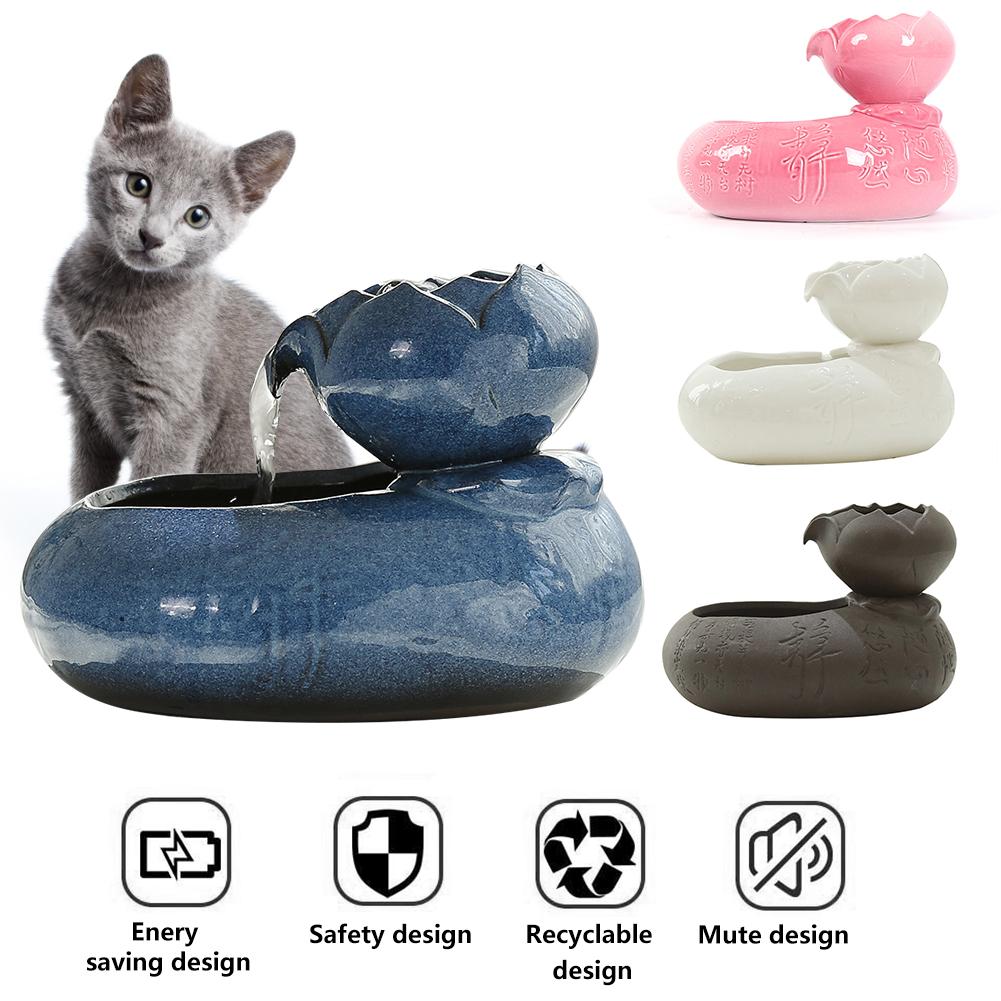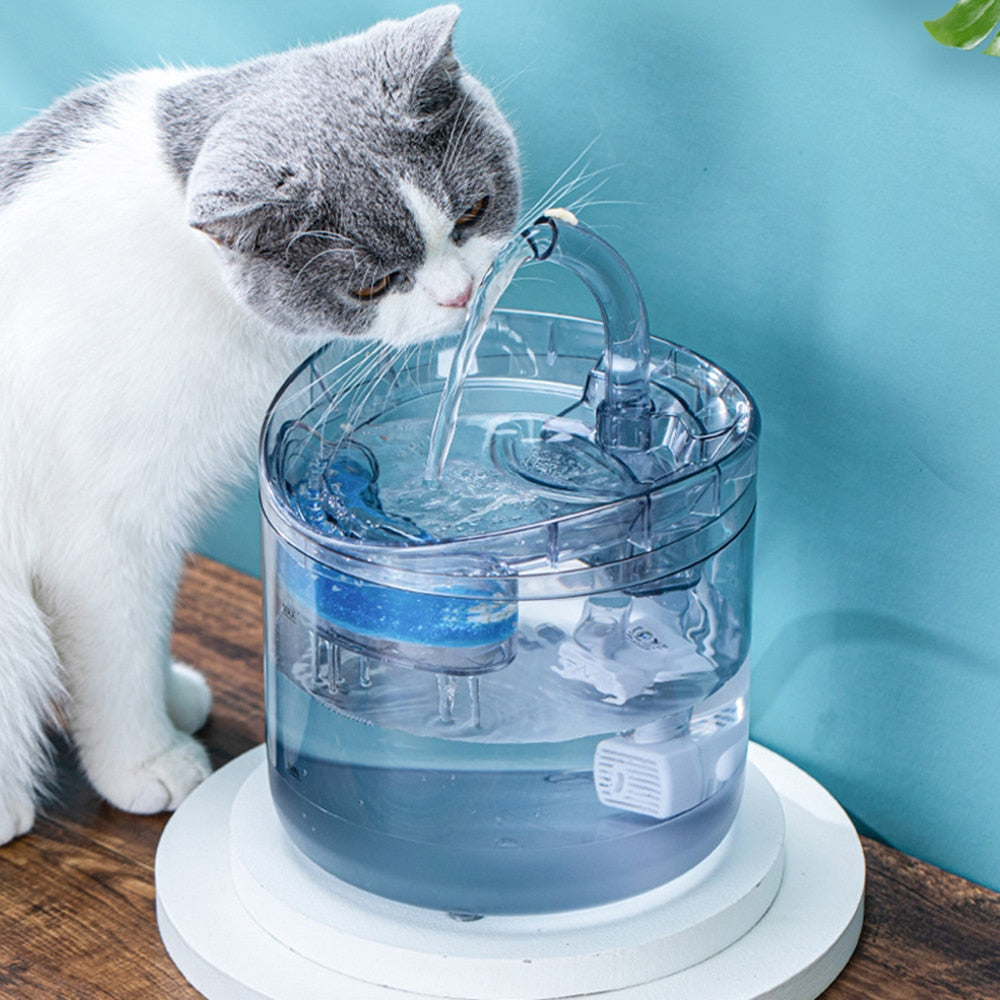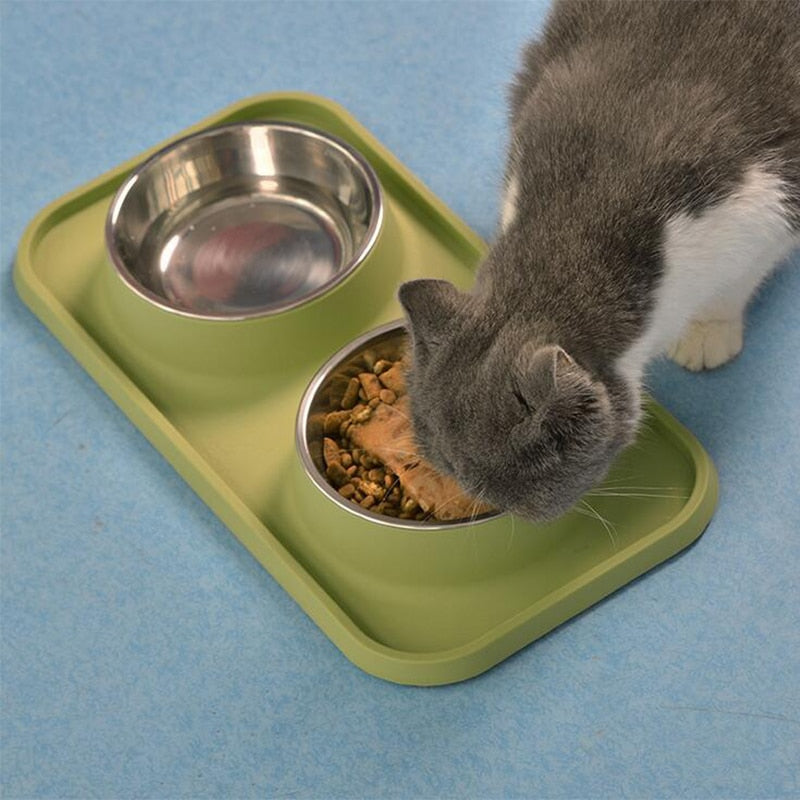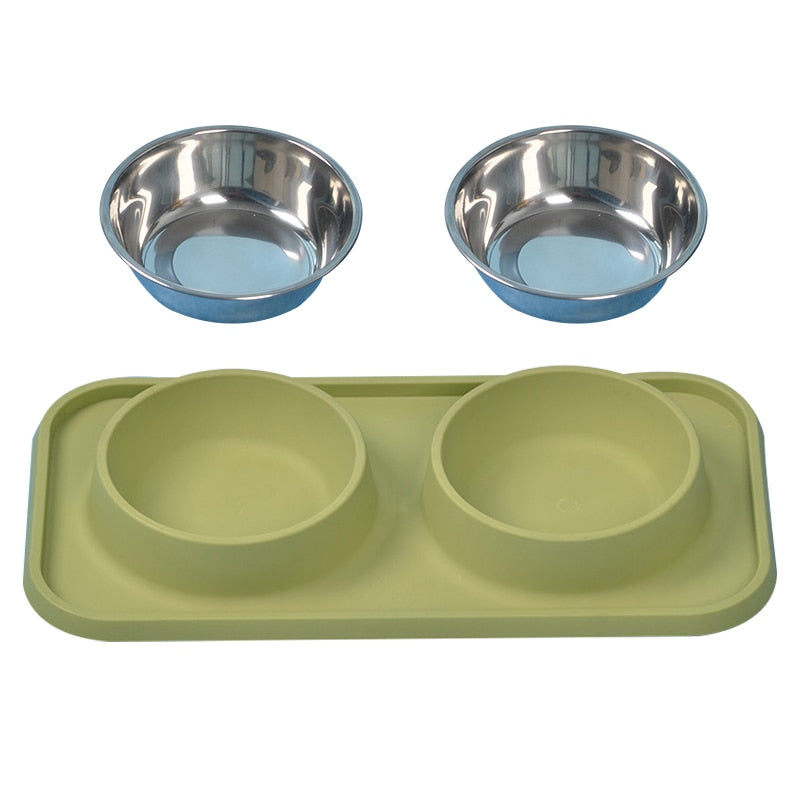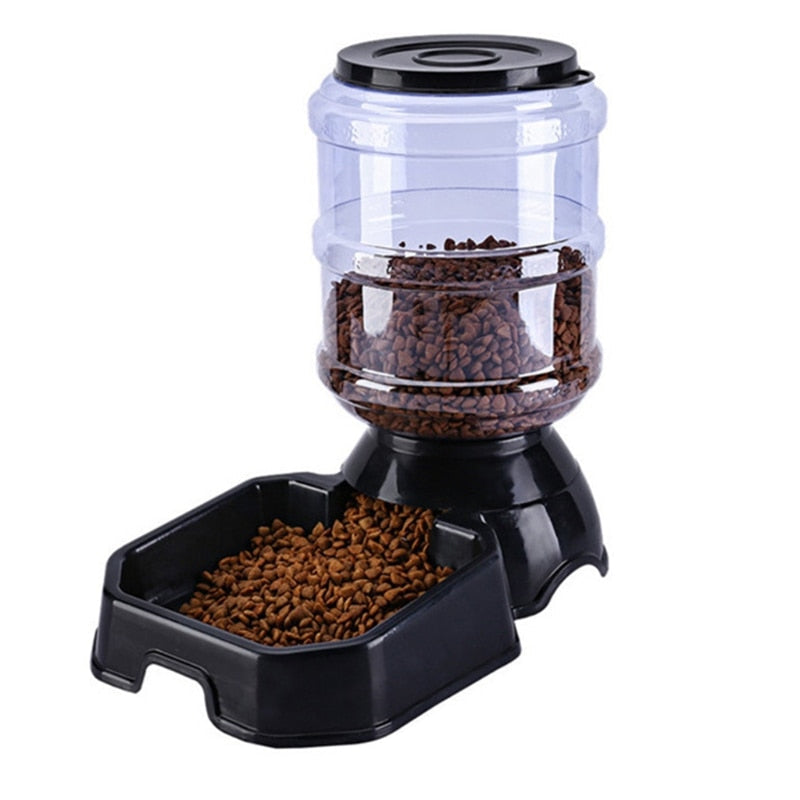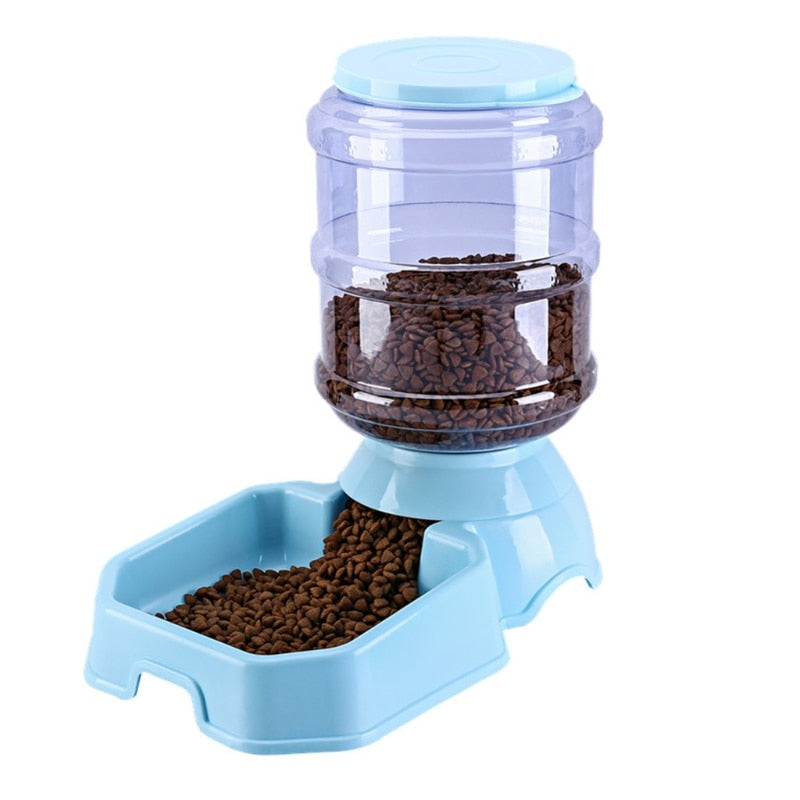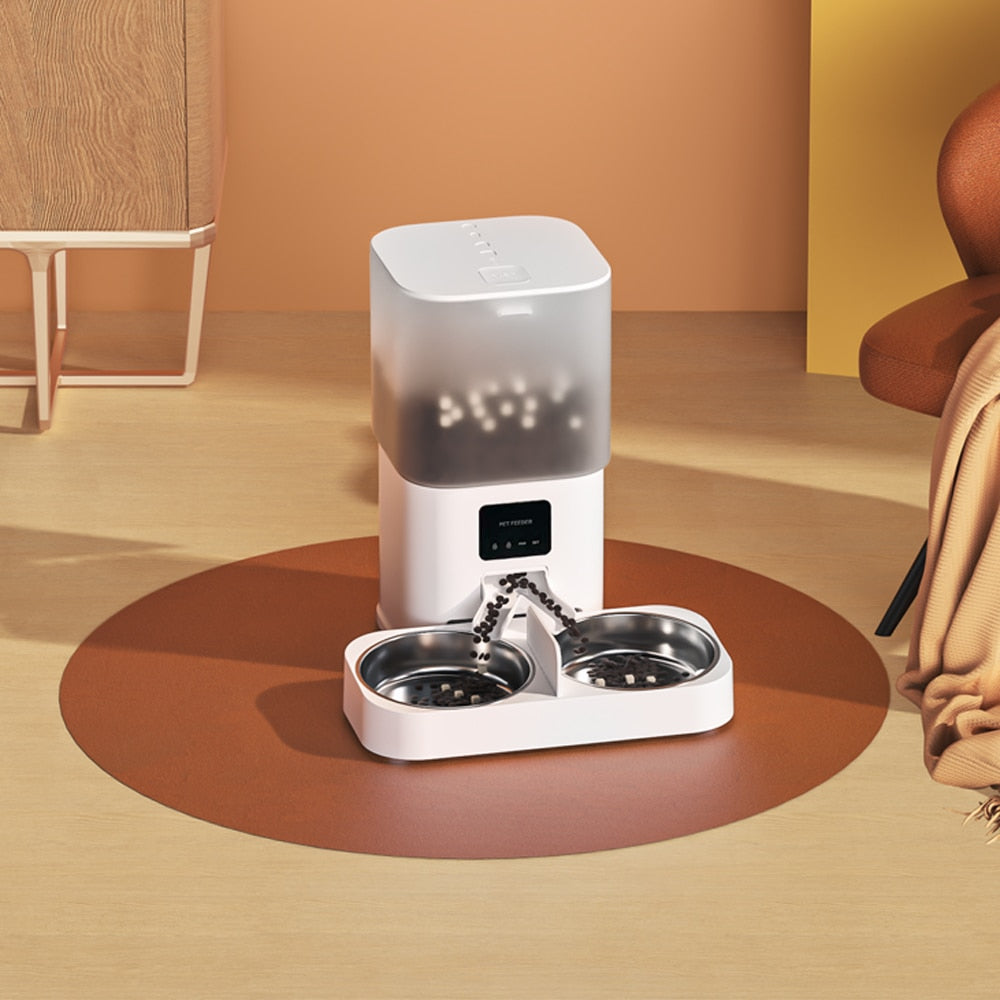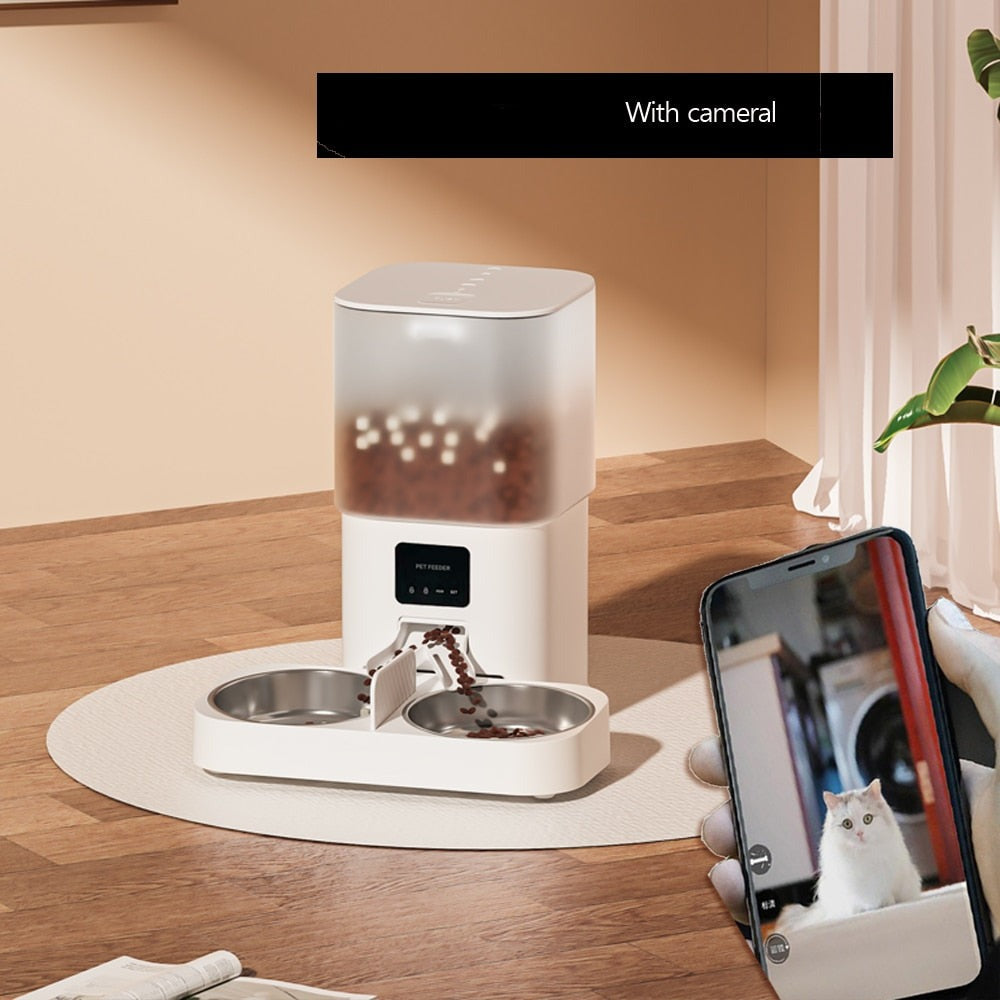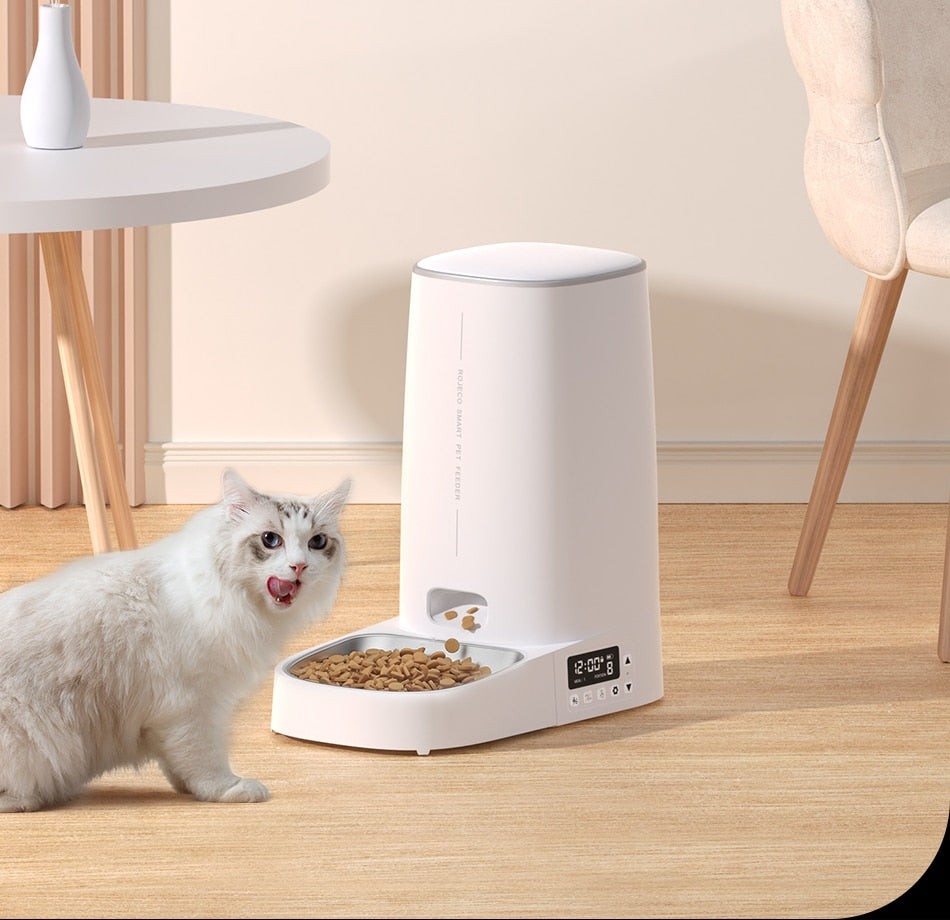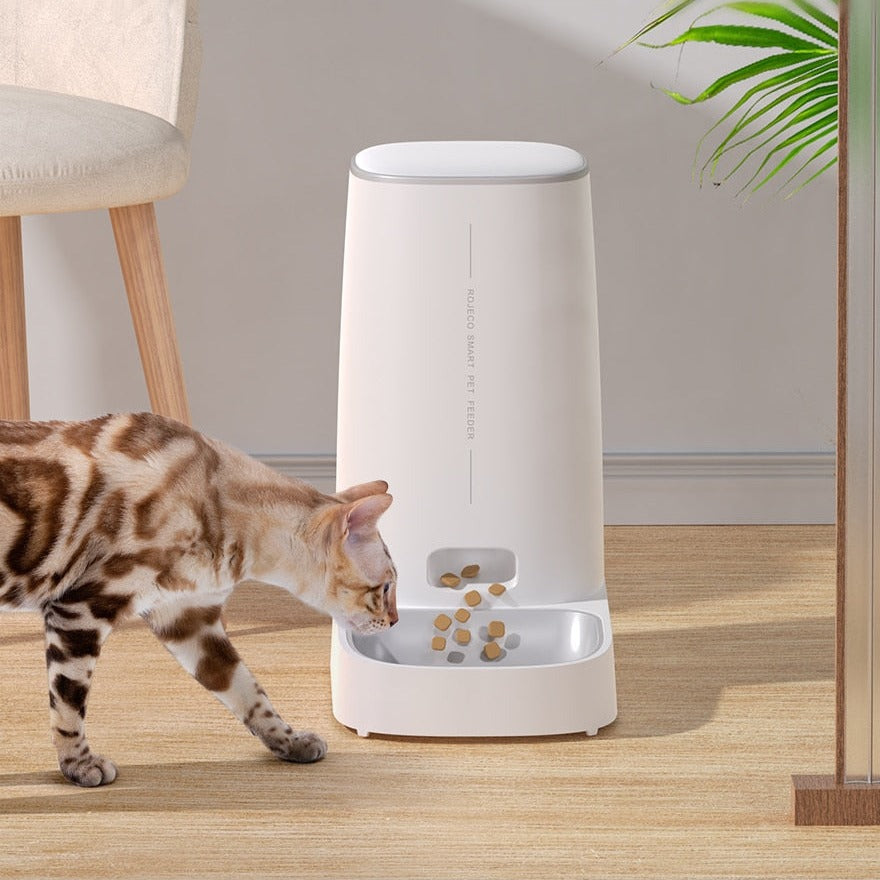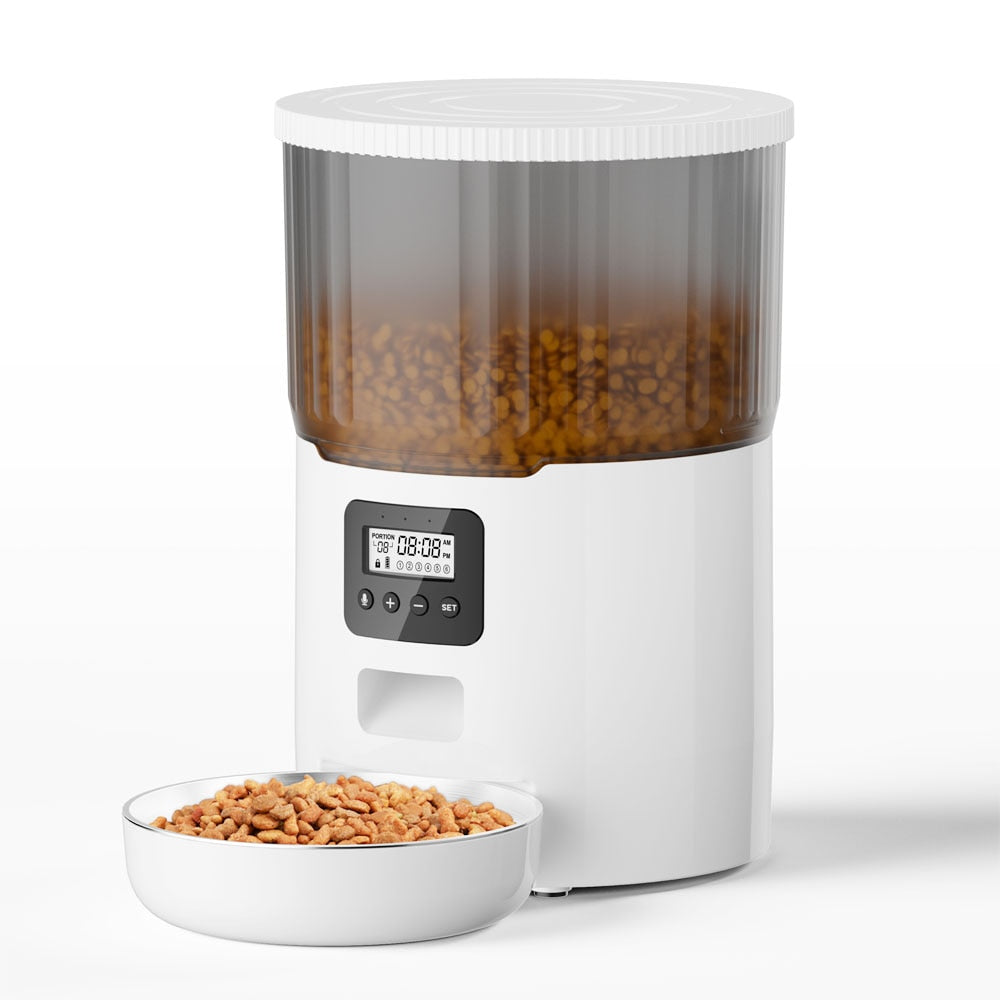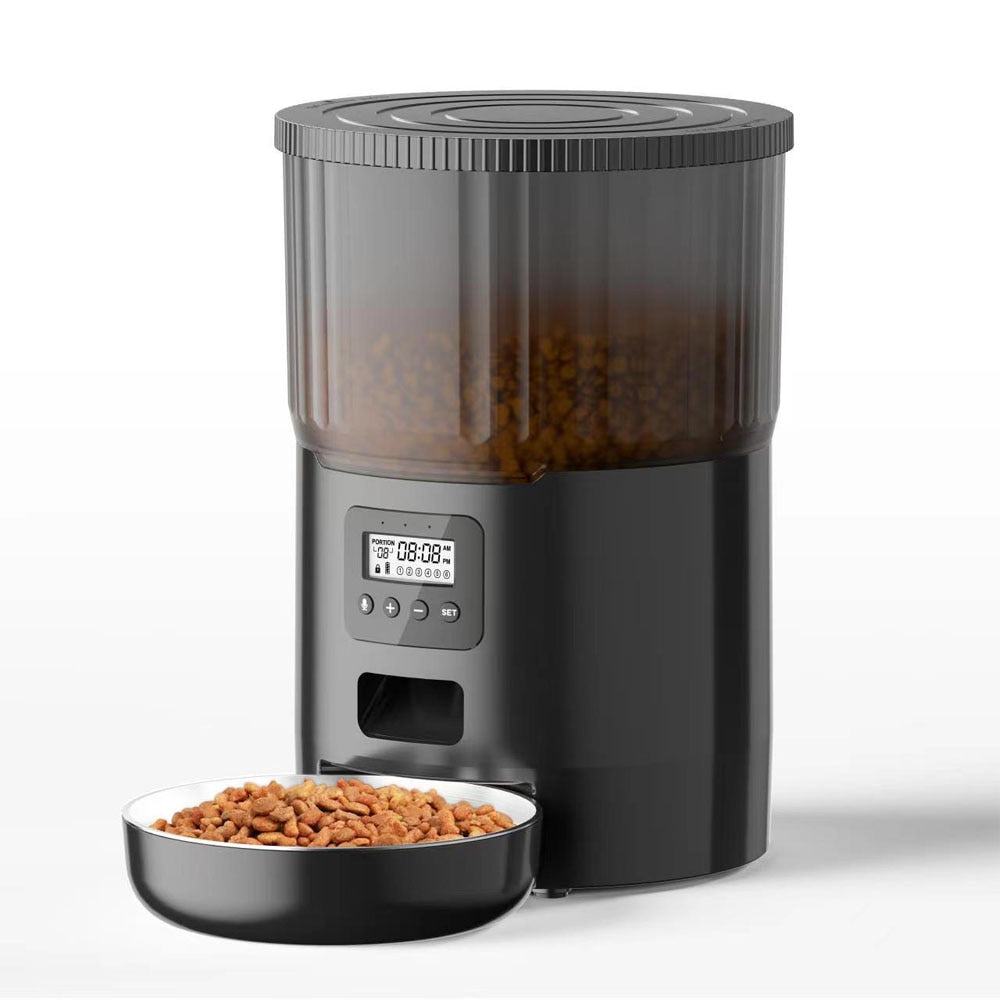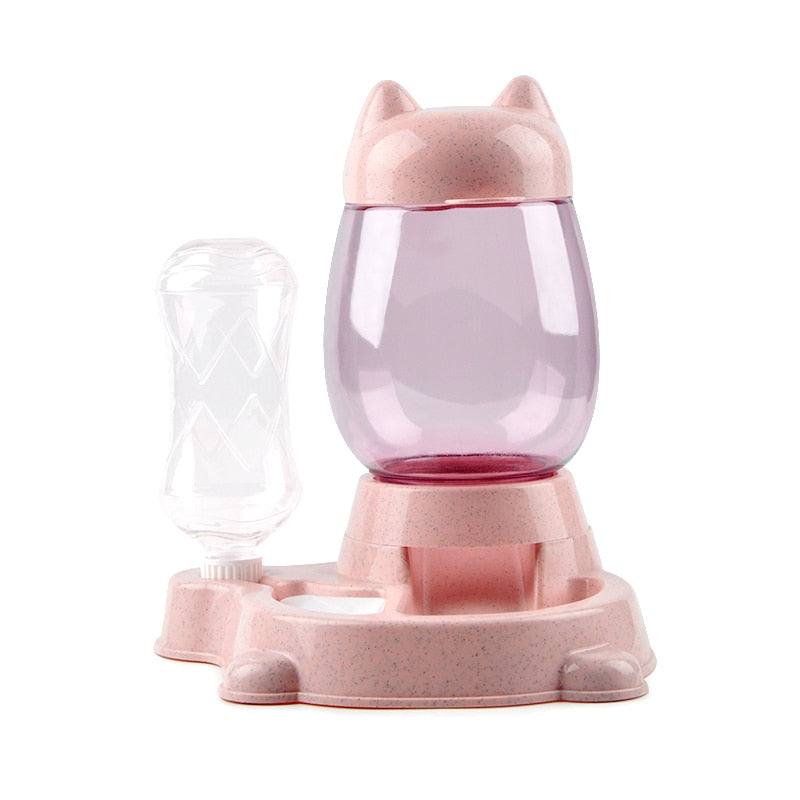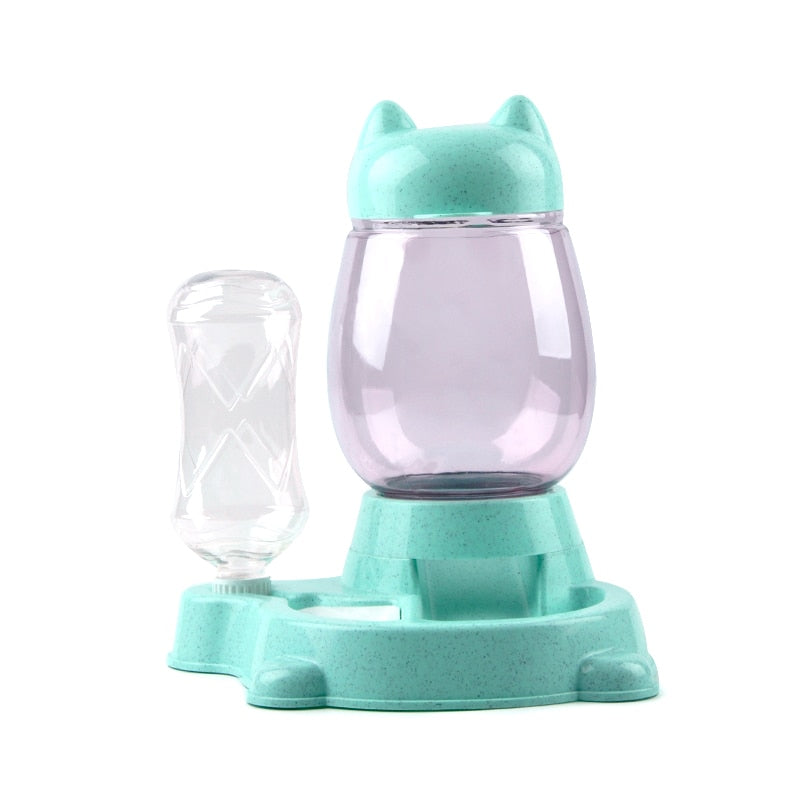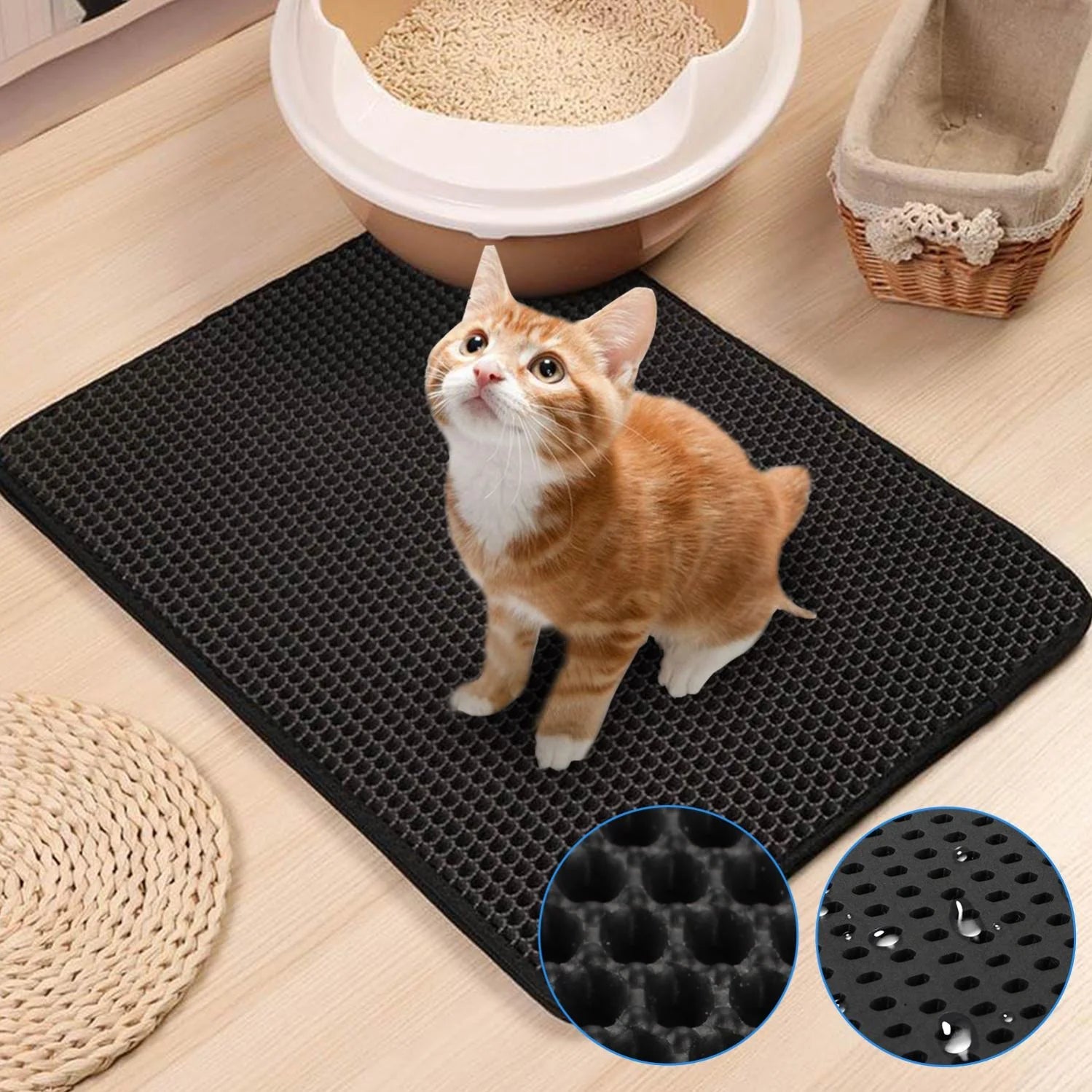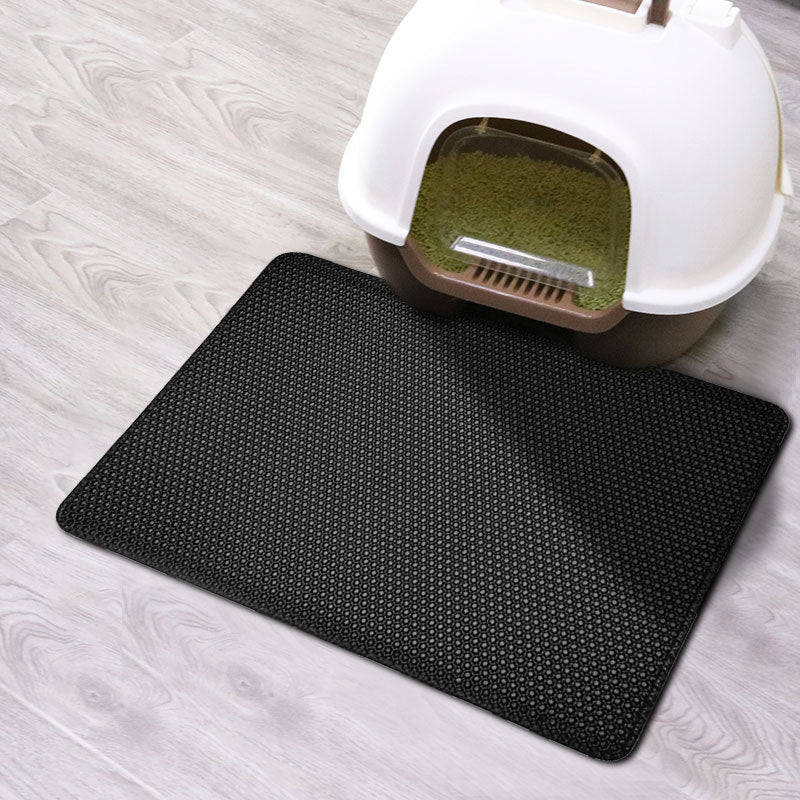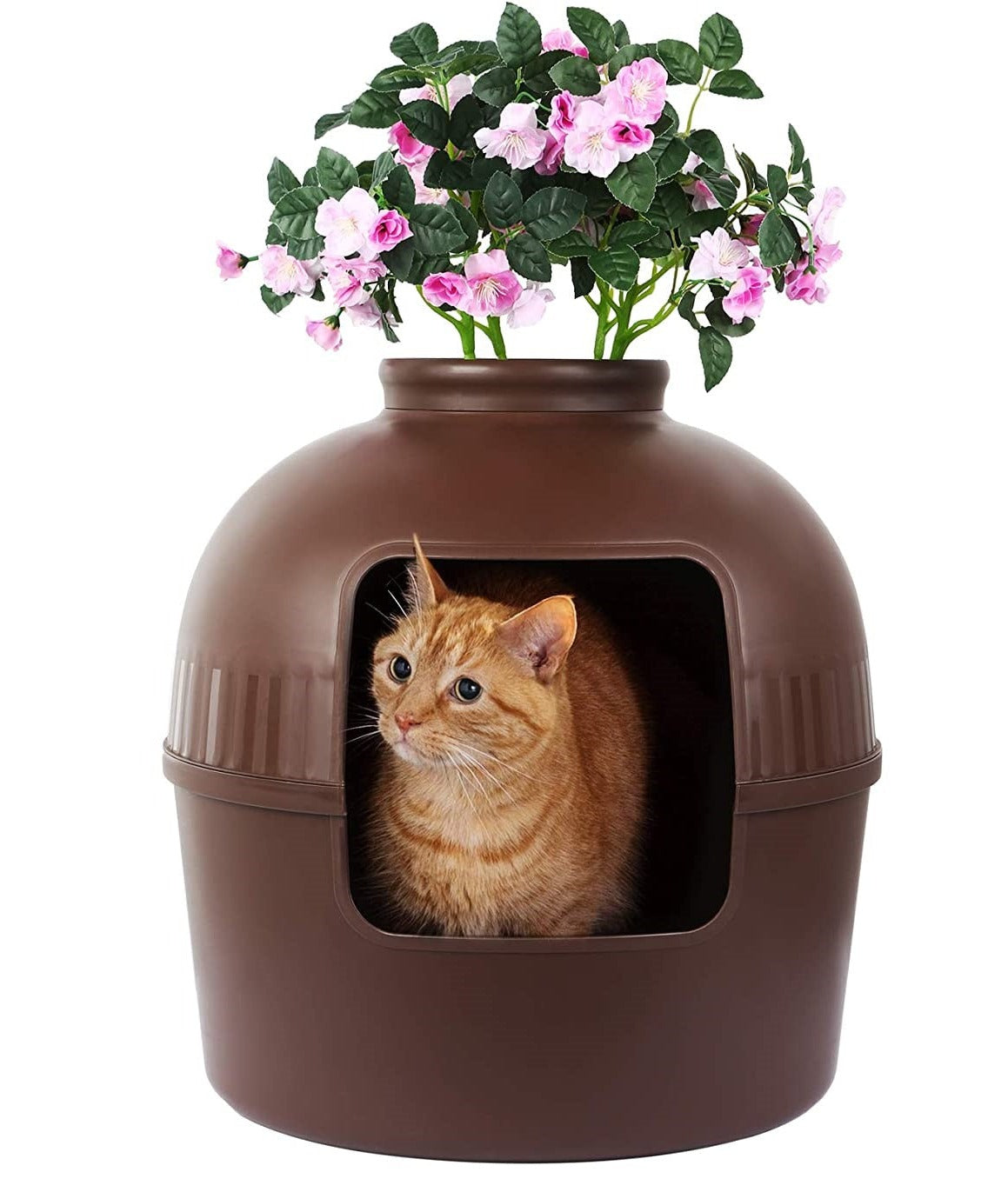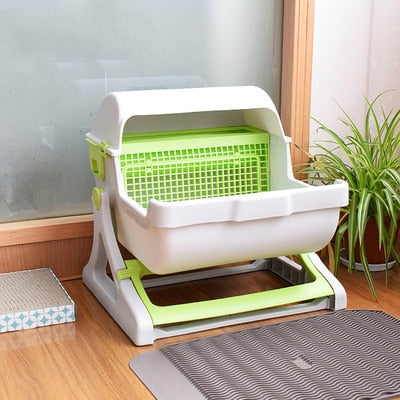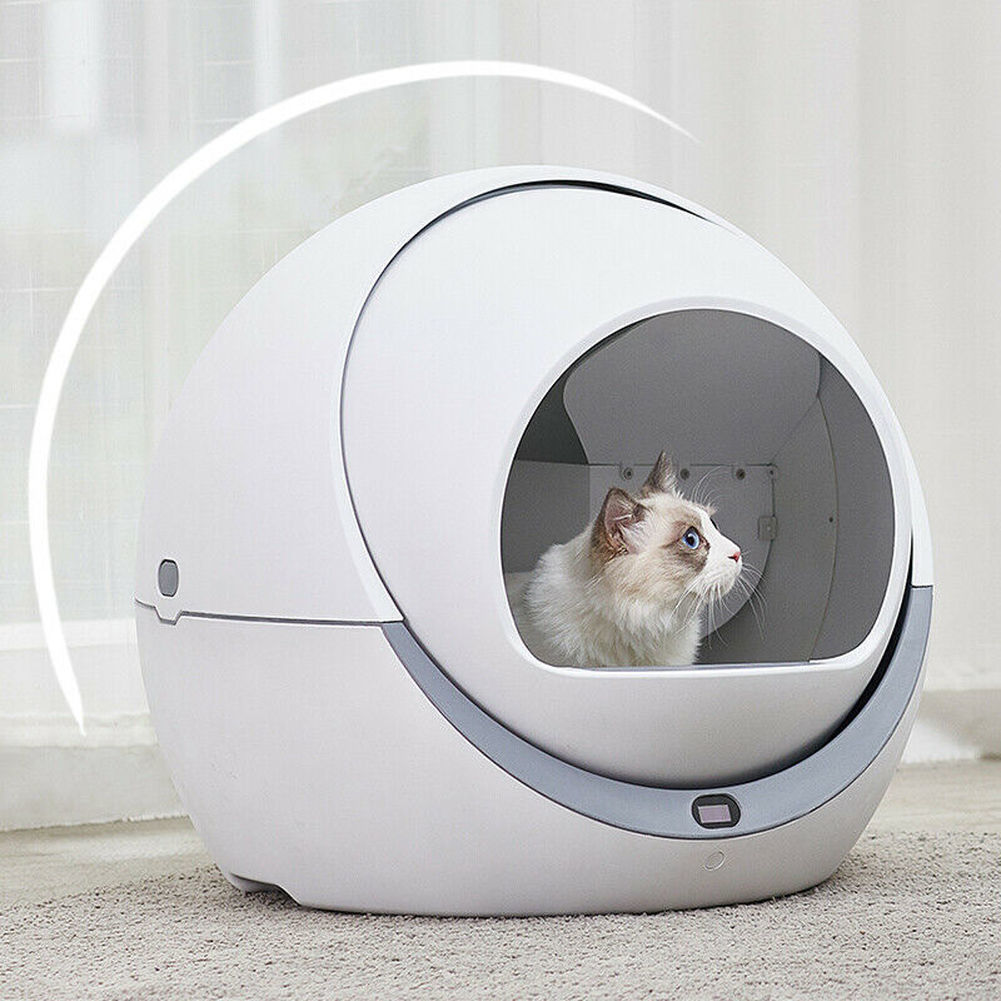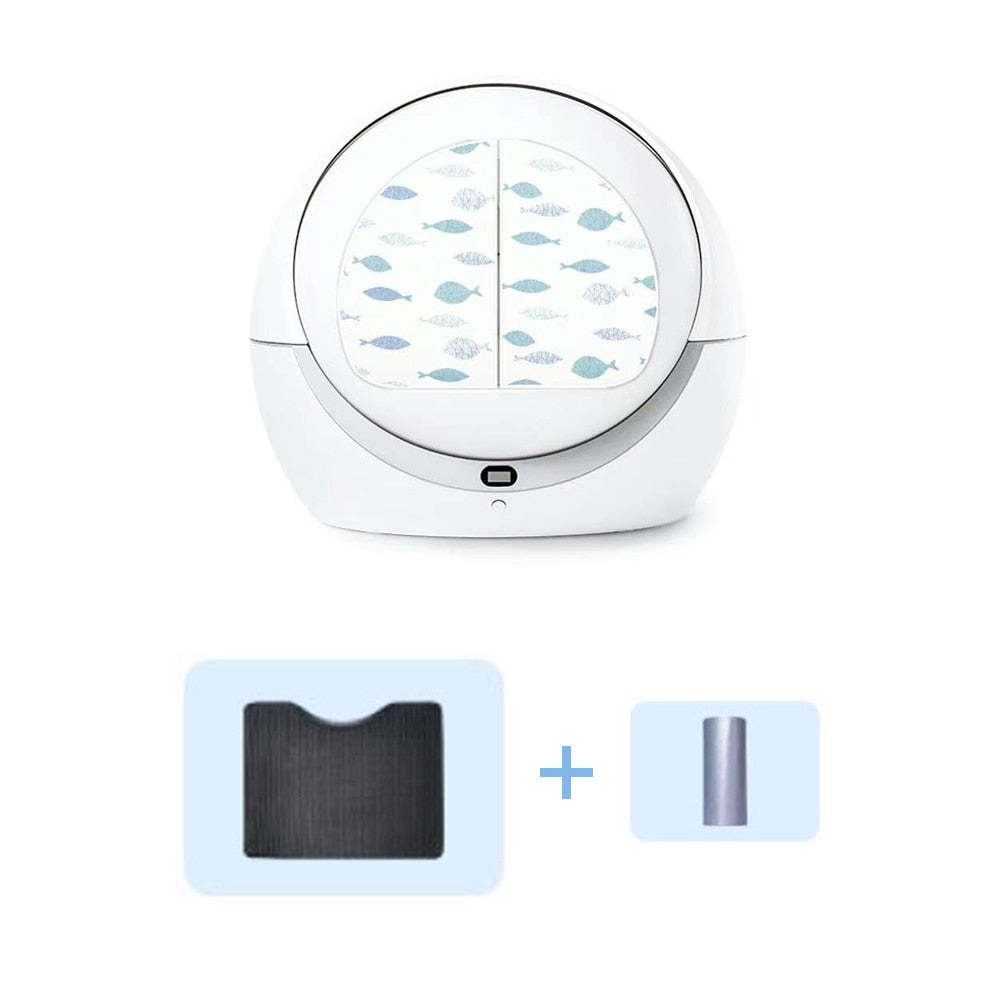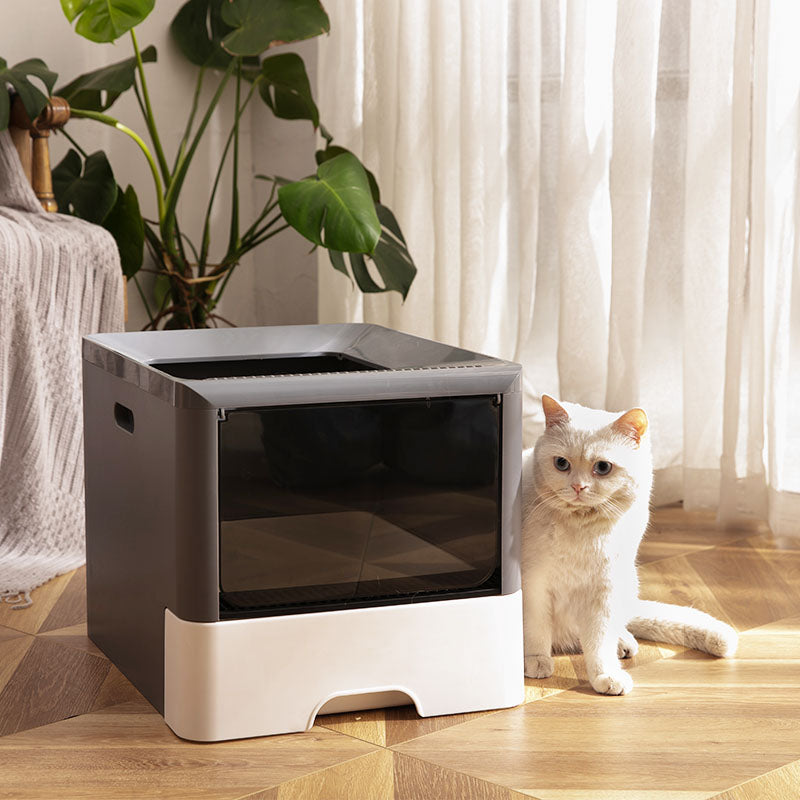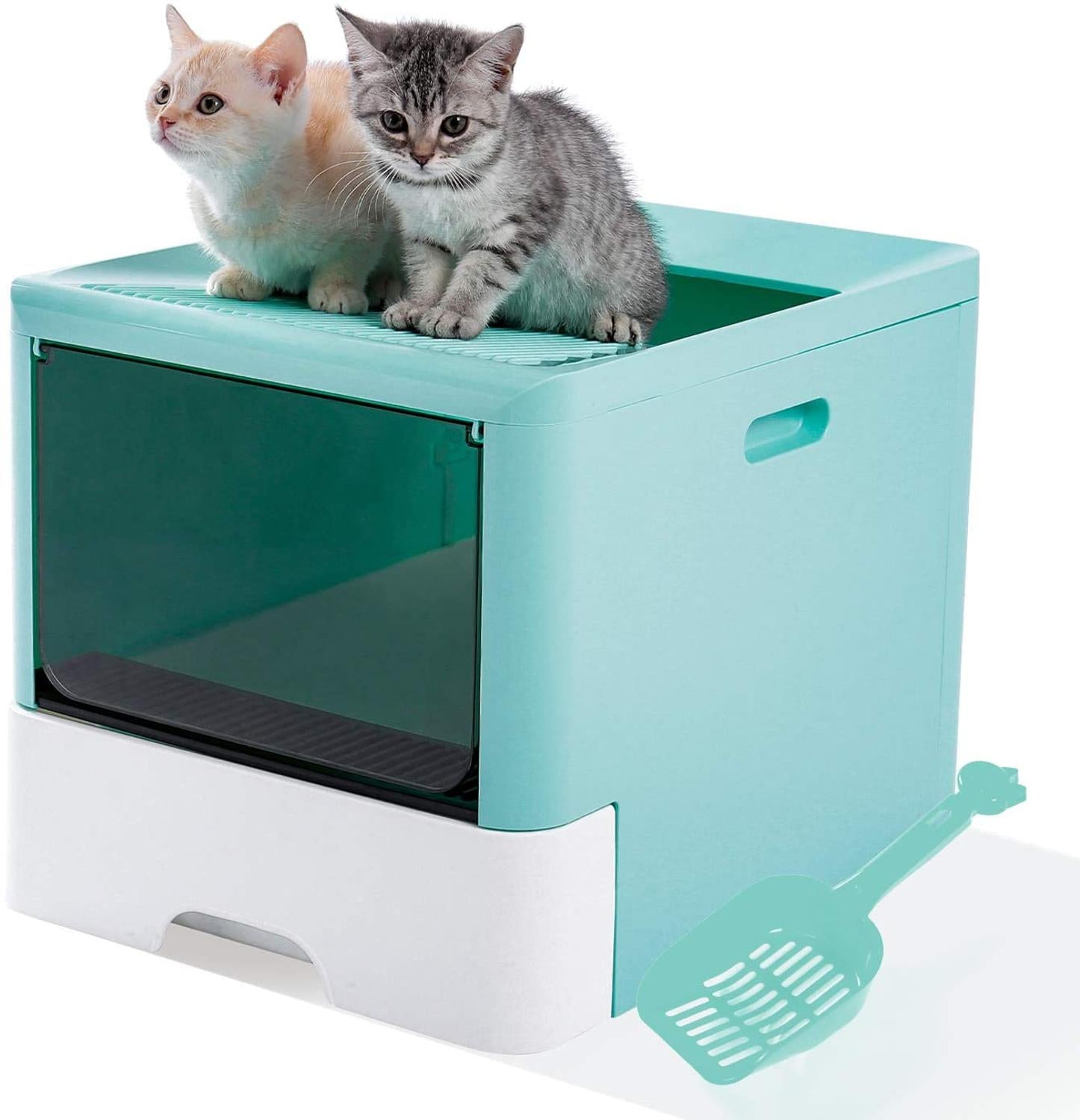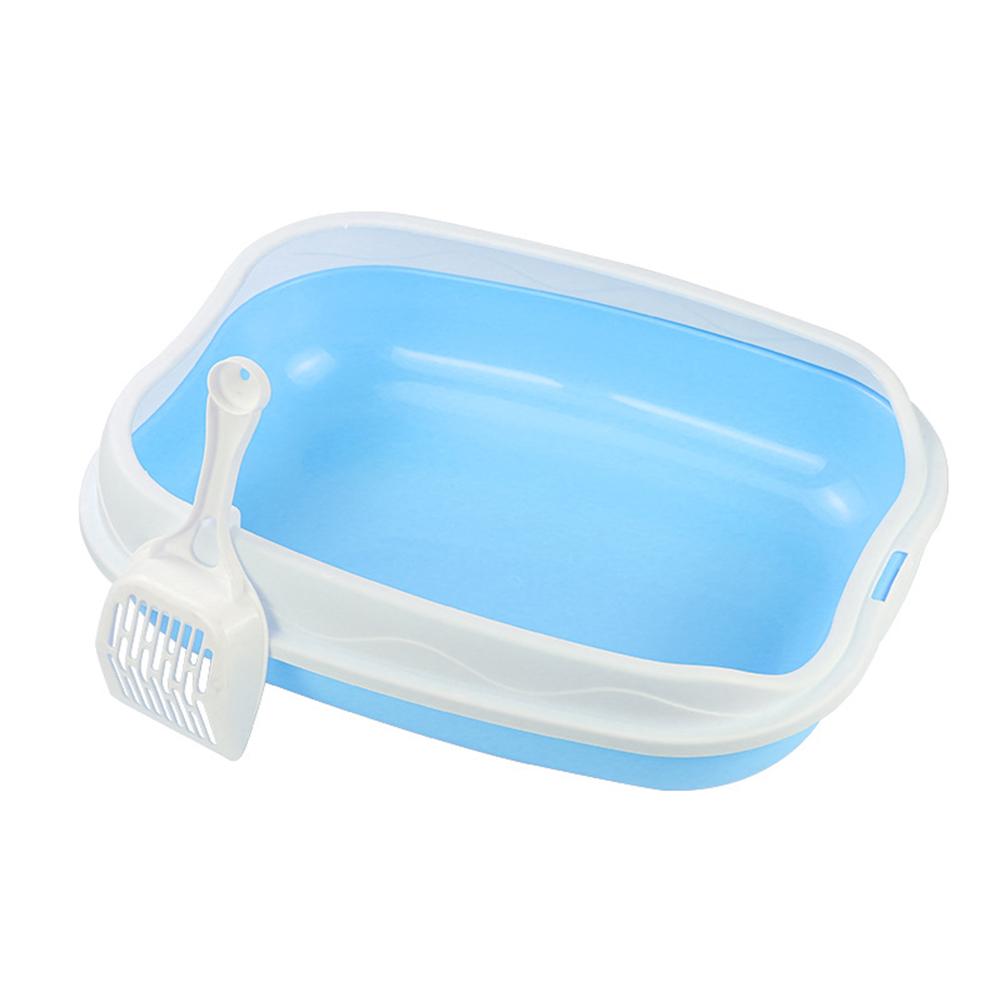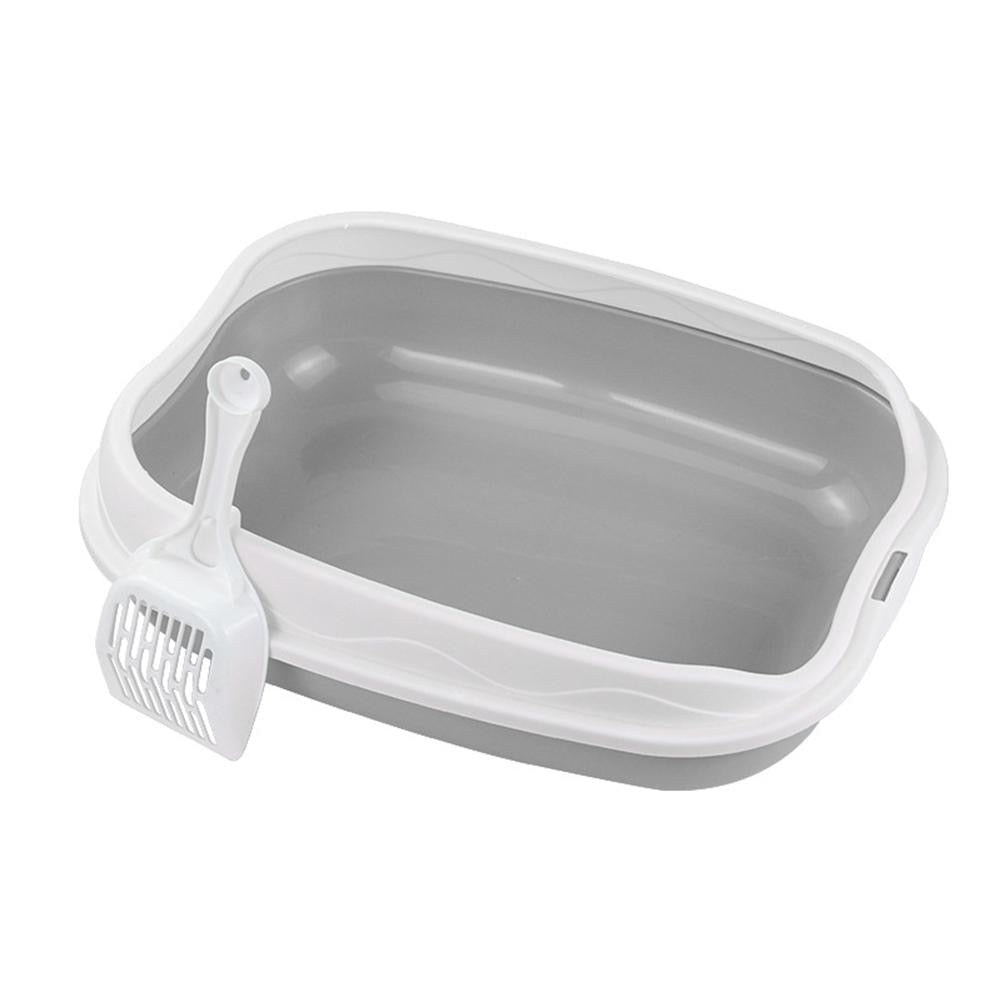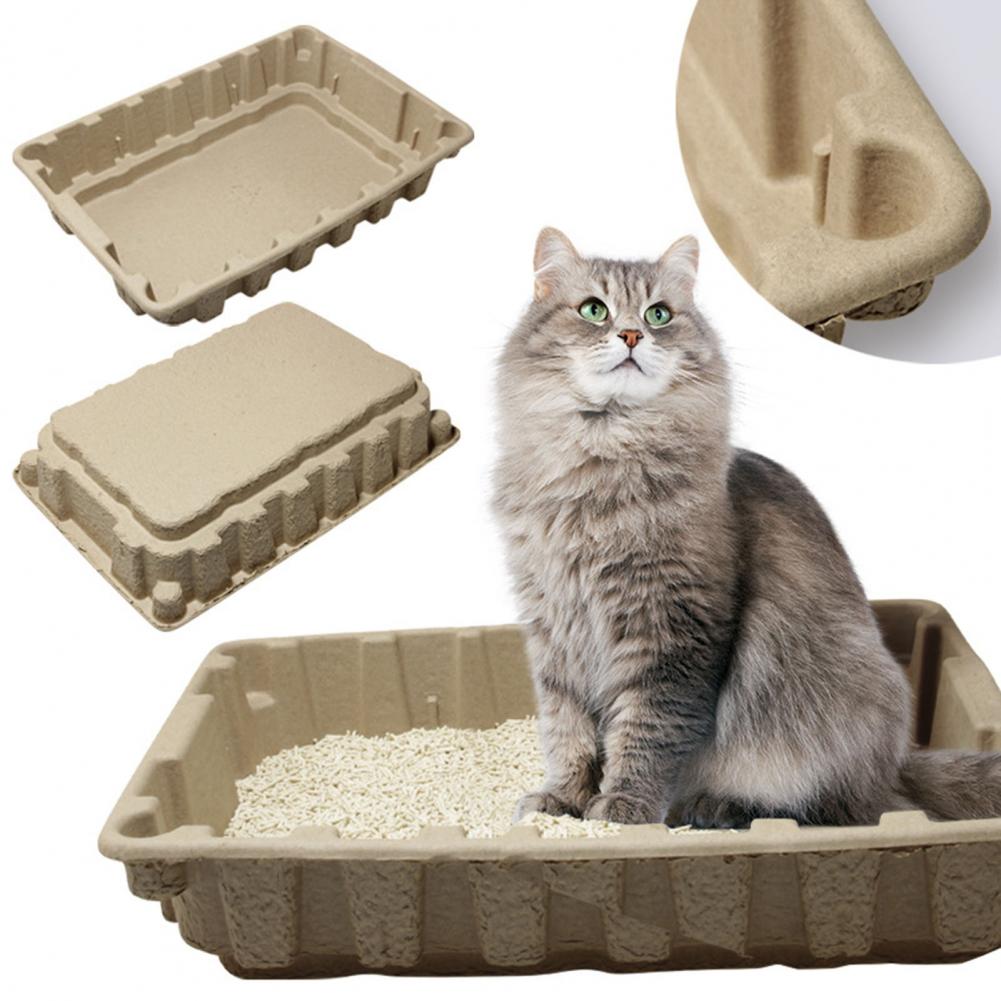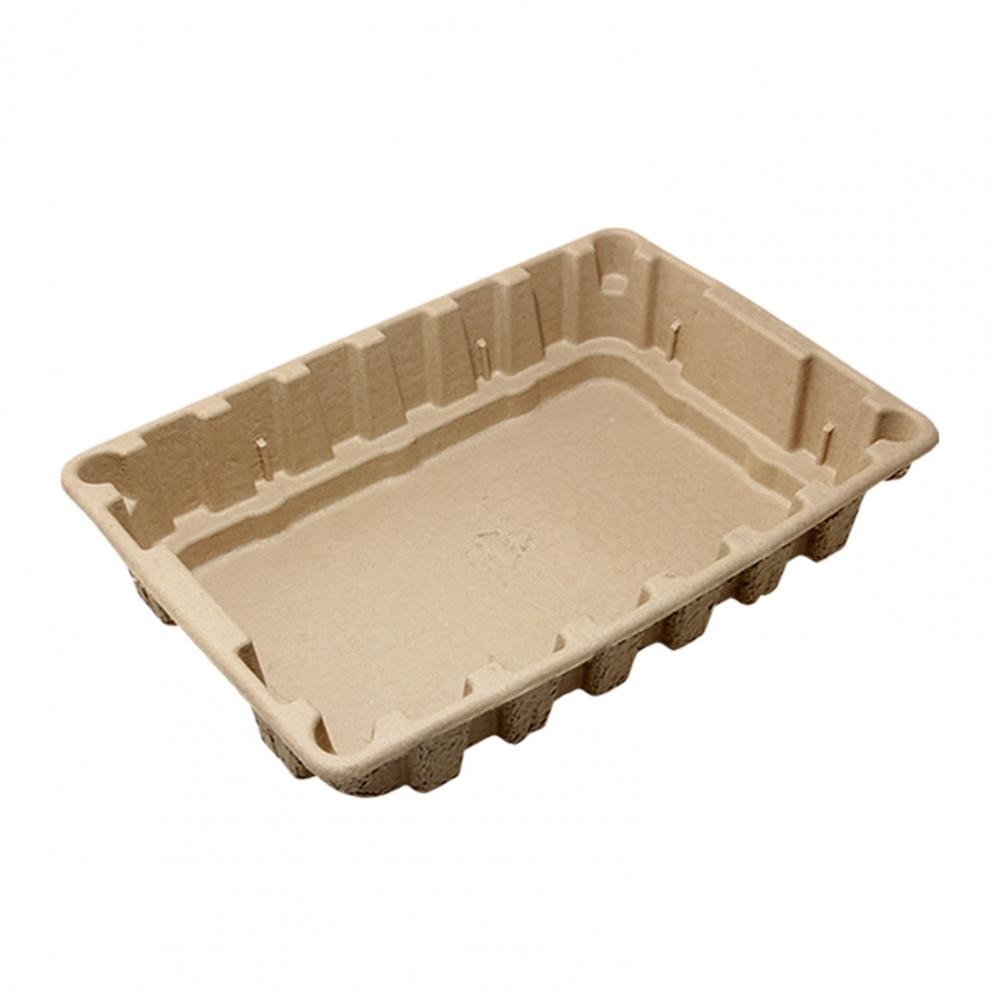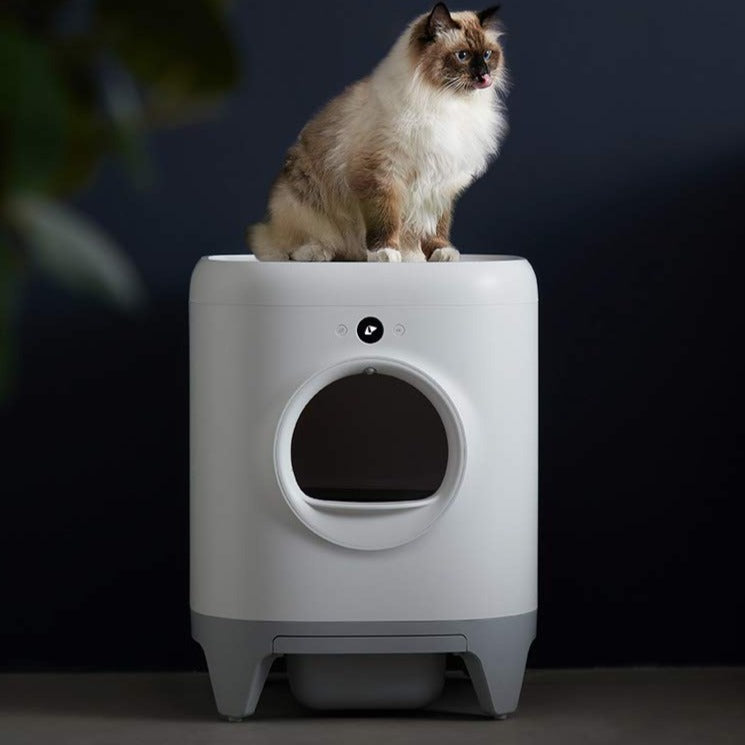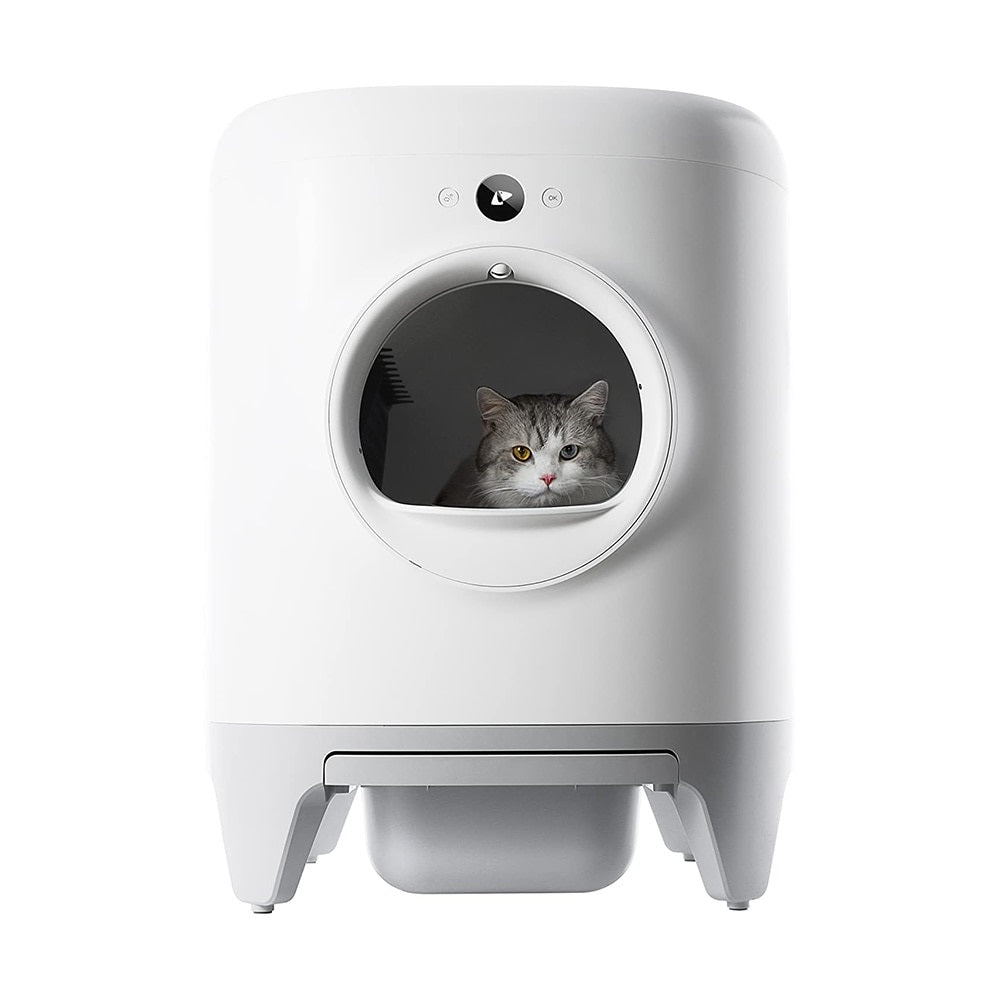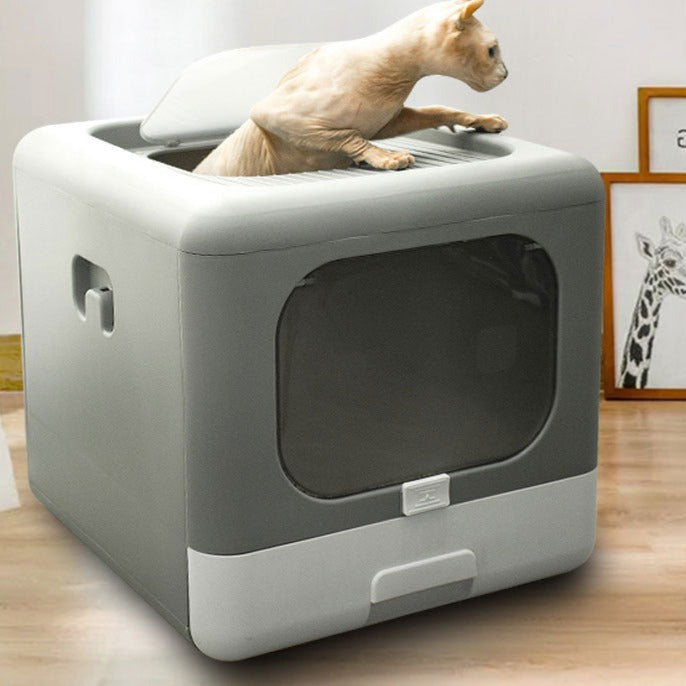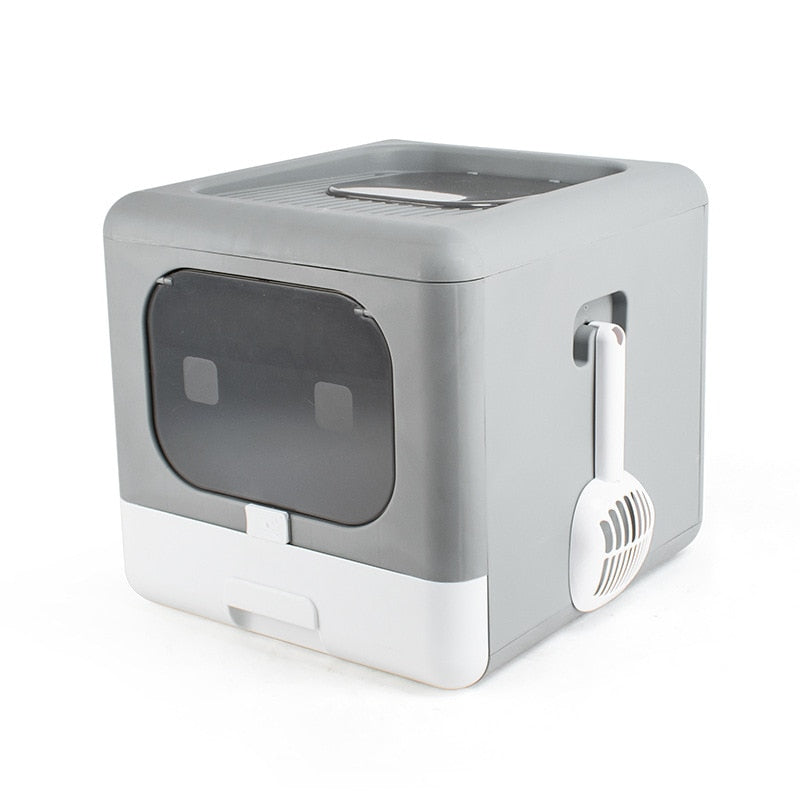9 Reasons Why Your Cat Is Always Hungry!
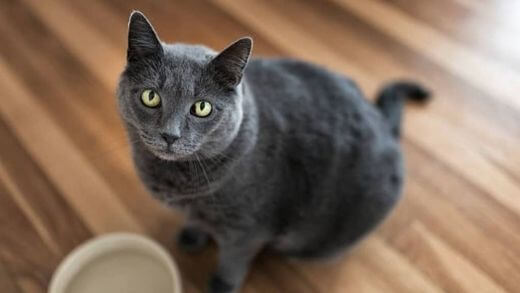
9 Reasons Why Your Cat Is Always Hungry!

Does your little feline make you feel like you're hungry all the time? Have you noticed thathe asks you to eat all day long and that worries you?
Know thatthere is necessarily an explanation for his behavior : extreme rationing, an unsuspected health problem, stress and many others.
Here are 9 reasons that will help you better understand why your cat always seems hungry.
He has poor quality kibble
Have you thought about questioning the quality of the food served to your cat? If he gives the impression of being really hungry for no reason, it may be because he is consuming low quality or very subjective quality kibble. The latter are not conducive to a healthy and balanced diet, or even rarely adapted to the nutritional needs of cats.
More specifically, we criticize here the fact that these poor quality croquettes very often contain more fat than carbohydrate. Their metabolism and absorption being faster, this is what explains why your cat has the feeling of having hardly eaten. The choice of premium kibble is the ideal solution in this case.
But beware, a premium kibble is not the one recommended by your veterinarian, many brands that are displayed in large at the vet actually contain cereals or other to save money, just like the low-end one at the supermarket.
Good kibble for cats is kibble that matches a cat's basic diet, meat and nothing else.
Does a cat eat cereal?
You ration it too much
Meal rationing is a method commonly practiced by some masters to control and regulate the diet of their companion who is overweight. However, if performed inappropriately and for no good reason, it can be risky for your cat's health or constantly leave him hungry.
This is particularly the case when the rations served are incorrectly calculated in relation to the functional and vital nutritional needs of your cat. In other words, by rationing it, you risk serving quantities that are less than its actual needs or up to its appetite, each brand of kibble has a different nutritional value, butyou will herehave an idea of the amount of kibble to give it to your cat.
If your cat does not show a propensity to overweight, the best thing you can do is let him manage himself with his kibble available so that he eats his hunger, the cat will learn to regulate himself. -even.
Spayed
JustA dramatic increase in appetite is one of the many spaying effects seen in most cats. And for good reason ? A significant drop in hormone production that can prevent cats from self-regulating the amount of food consumed relative to their energy needs, but this does not happen in all cats.
If your cat has just been spayed, you are probably having one, if not the main reason why he is always hungry and constantly begging you to eat, try to give him kibble available and watch what happens. happening.
He Has Digestive Parasites
If your feline is always hungry, it may be because he gets little or no benefit from the food he eats. The fault of the parasitic worms present in its intestines which rob most of the nutrients contained in the food consumed by your cat.
As a result, your cat may eat quality, balanced and in quantity, he will be perpetually hungry or even lose weight suddenly, unless he is rid of these parasites. In addition, their prolonged presence can negatively impact his health. To better protect your cat against these, regular deworming is recommended.
He suffers from hyperthyroidism
Hyperthyroidism is one of the diseases that can affect eating habits in cats. The condition generally results in an abnormally high secretion of hormones by the thyroid gland which will lead to an increase in metabolism and a consequent use of calories.
Polyphagia remains one of the characteristic symptoms of this disease, that is to say excessive eating behavior (tendency to overeat, drink a lot of water), as well as a hunger that seems insatiable. If this is the case with your cat, be sure to see a veterinarian as soon as possible.
He suffers from feline diabetes Feline
diabetes has a definite impact on the eating behavior and metabolism of cats with it. The disease can cause, depending on the case, either a decrease in appetite or a significant increase in appetite, therefore a desire to eat as well as constant hunger.
As with hyperthyroidism, your cat with diabetes may have polyphagia. You will notice that he has a big appetite, eats a lot more than before, but paradoxically experiences weight loss. Other symptoms like fatigue, excessive thirst and the constant urge to urinate should alert you and warrant a veterinary consultation.
He's just bored.
In a slightly less scary context this time, your hairball's hunger can be explained by the fact that he's bored. Realize that cats are animals that need stimulation.
If they can no longer hunt in an apartment as they would in the wild, they should at least be able to have fun and exercise regularly. You will understand, as a solution to put an end to this circumstantial hunger of your feline, you just have to offer him some toys and devote some of your time to have fun with him.
He is stressed
Stress and anxiety are not unrelated to the fact that your furball is always hungry. A sudden change in her habits, such as changing the schedule, frequency or number of meals can be enough to stress your cat.
Because he's probably worried about running out, he'll rush to gobble up his food and find himself hungry rather than expected.
He's looking for your attention
You might not know it, but your cat who pretends to be hungry may be just trying to get your attention.
This will be particularly the case if he has noticed that you have a habit of responding by feeding him when he approaches you, meowing or staring at you. Rather than systematically filling his bowl, try to better understand the needs of your little feline or just play with him at this time.

